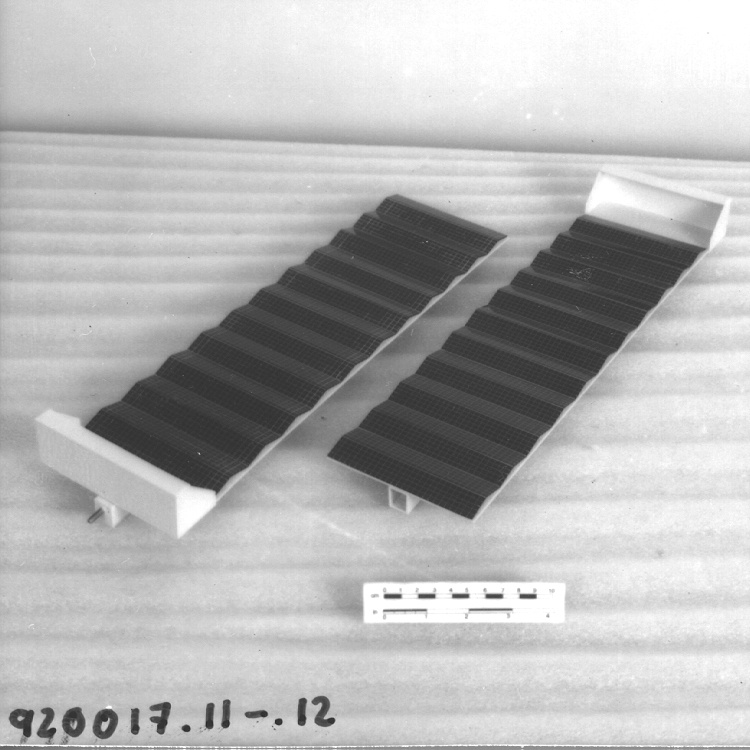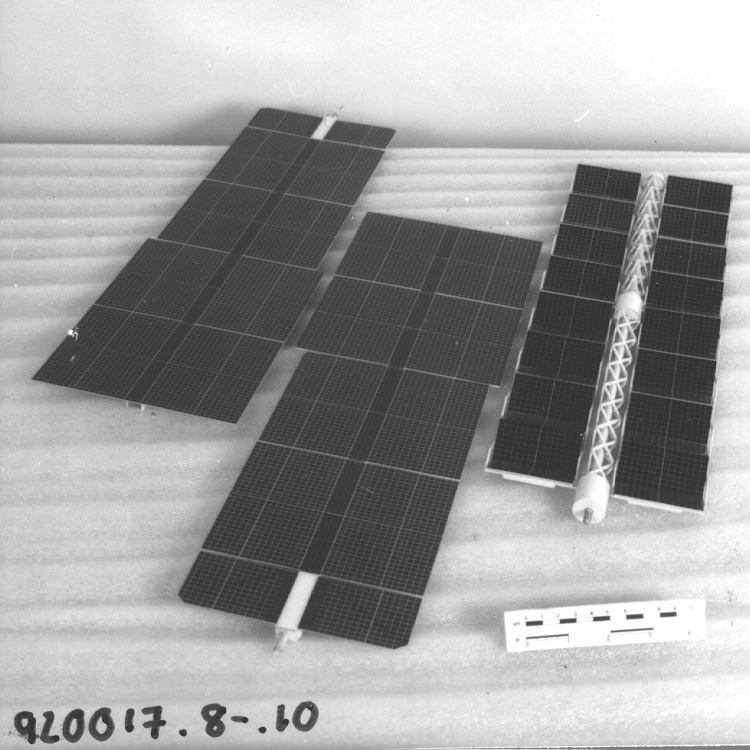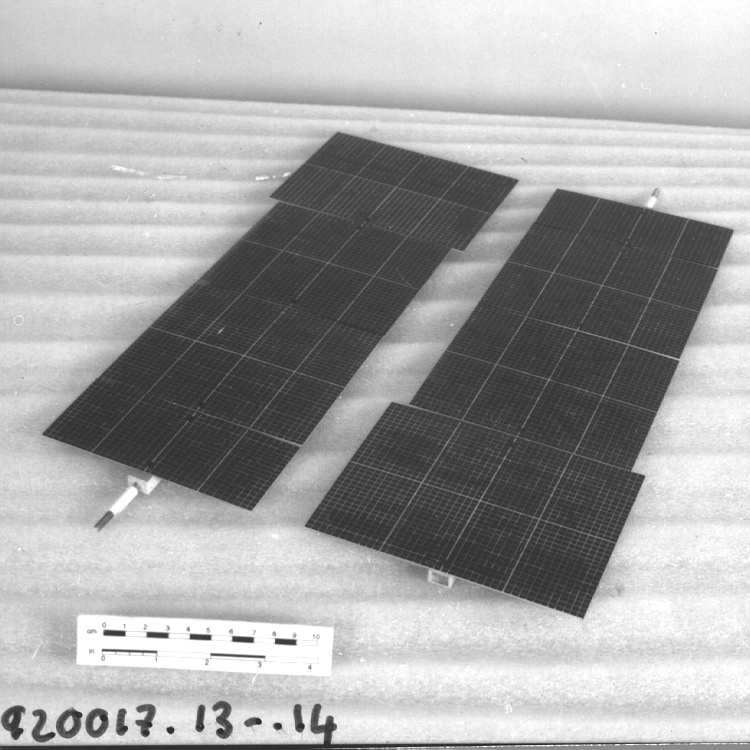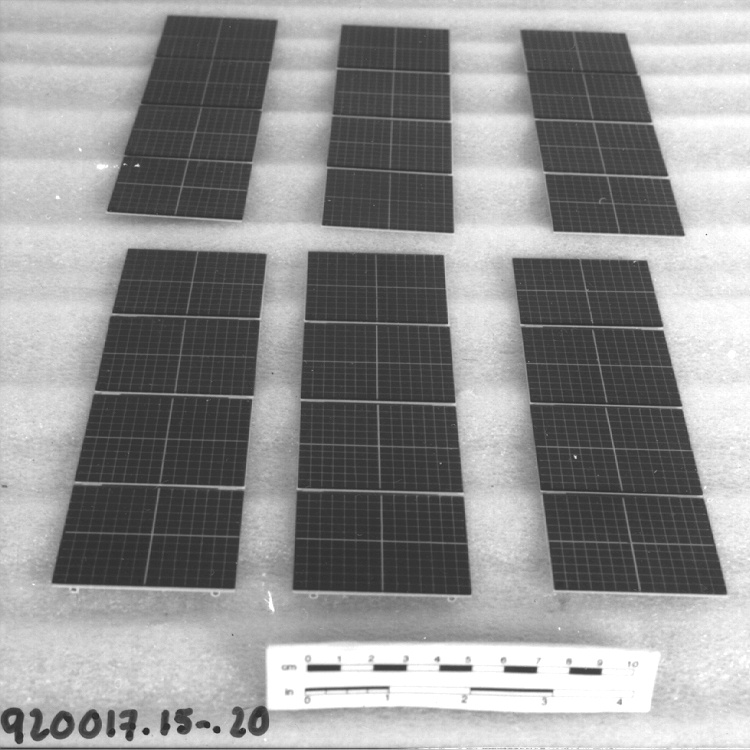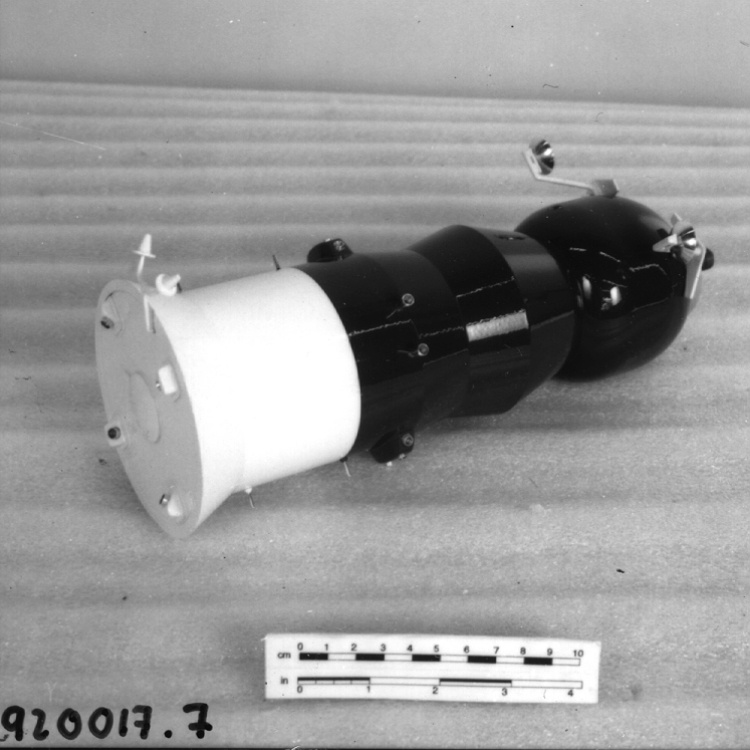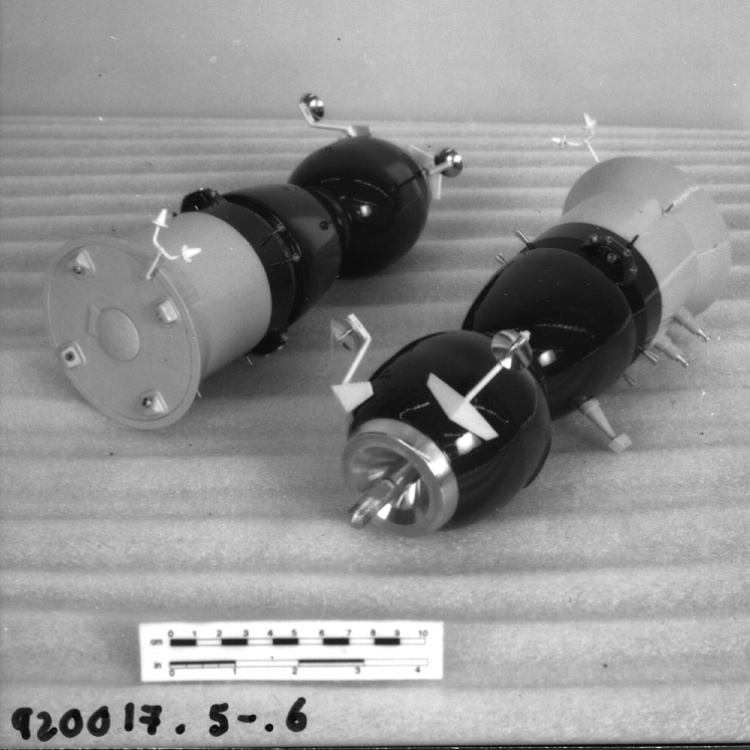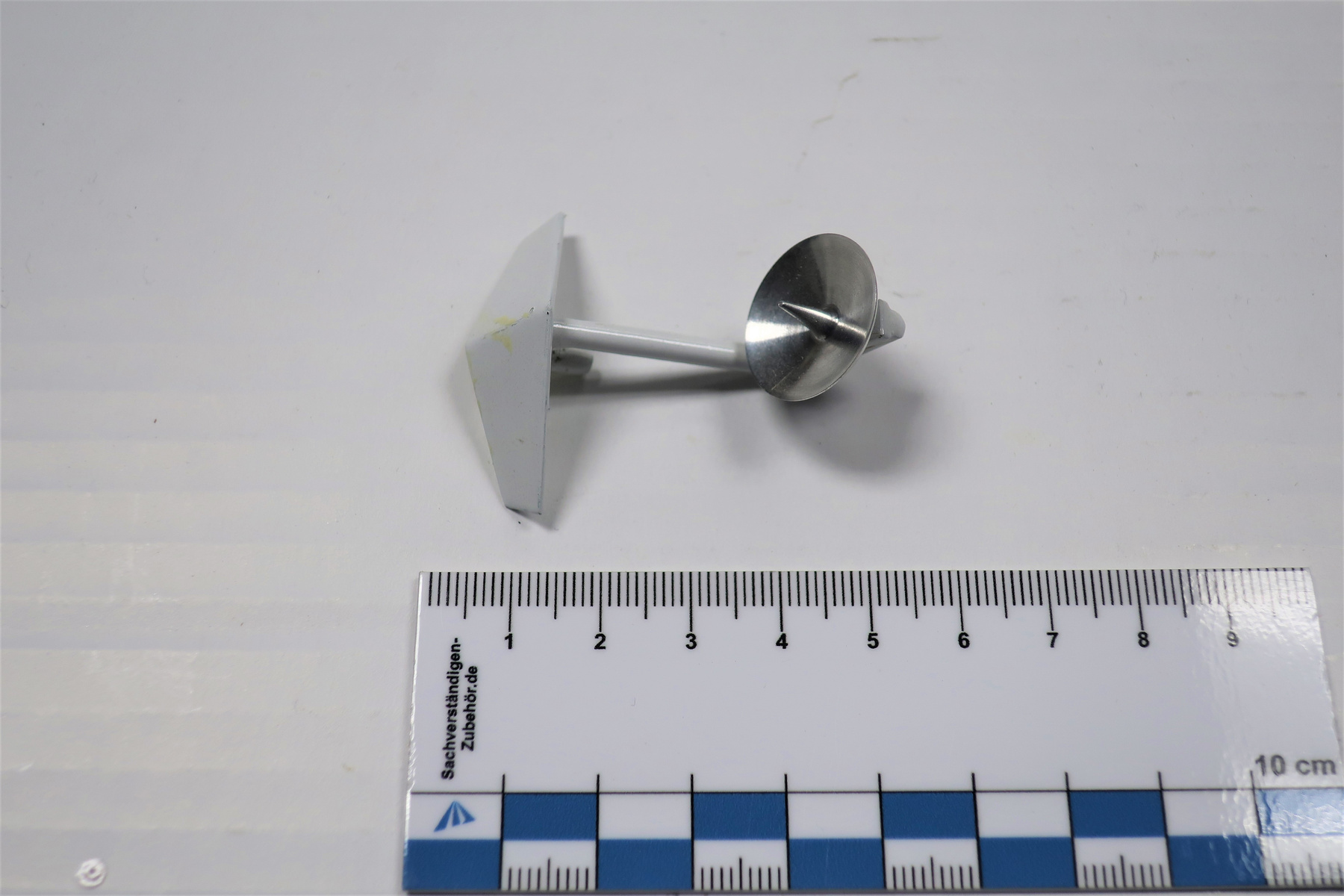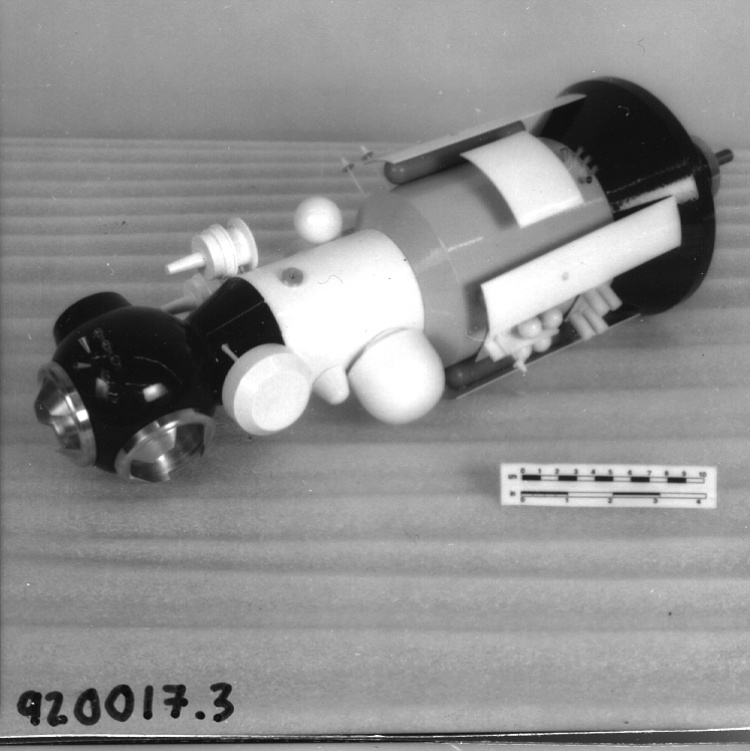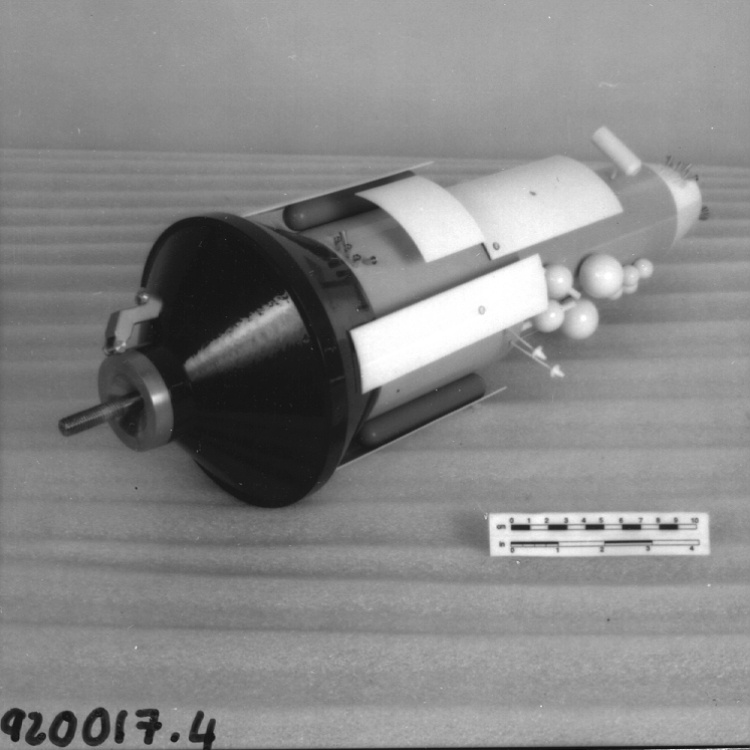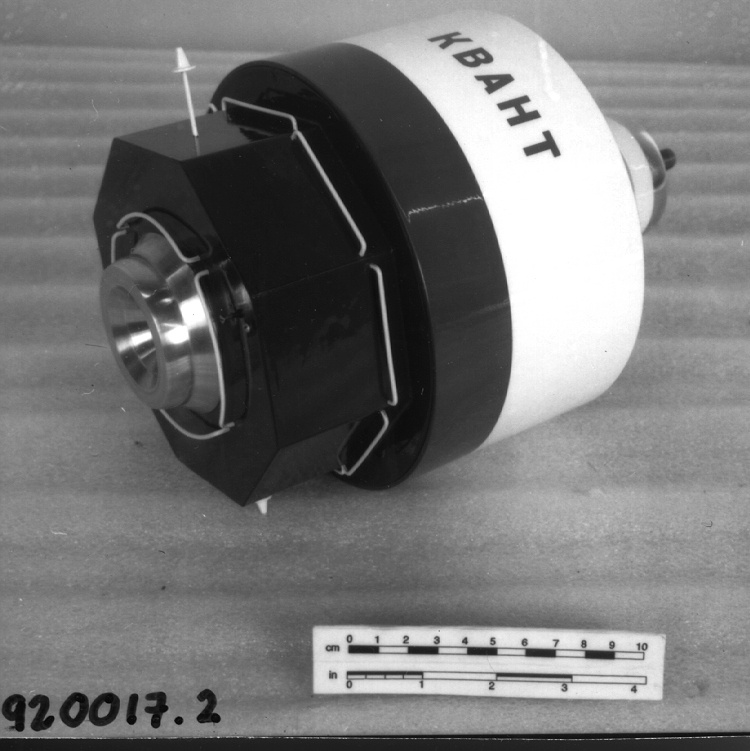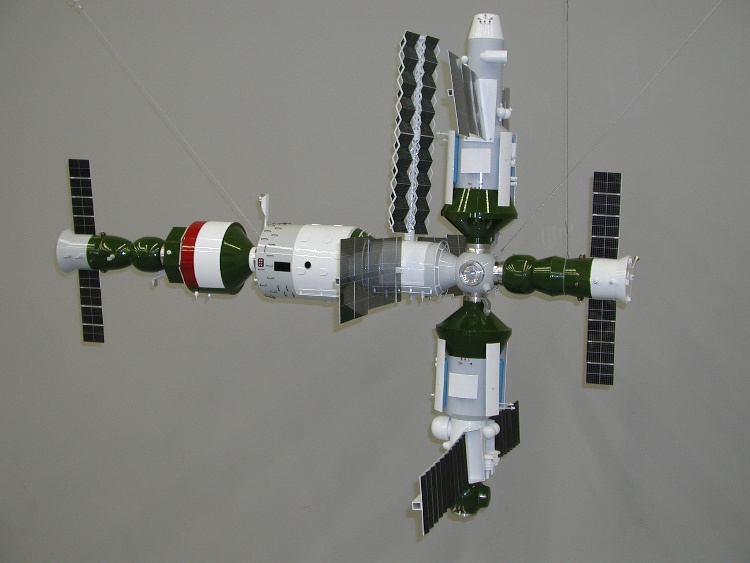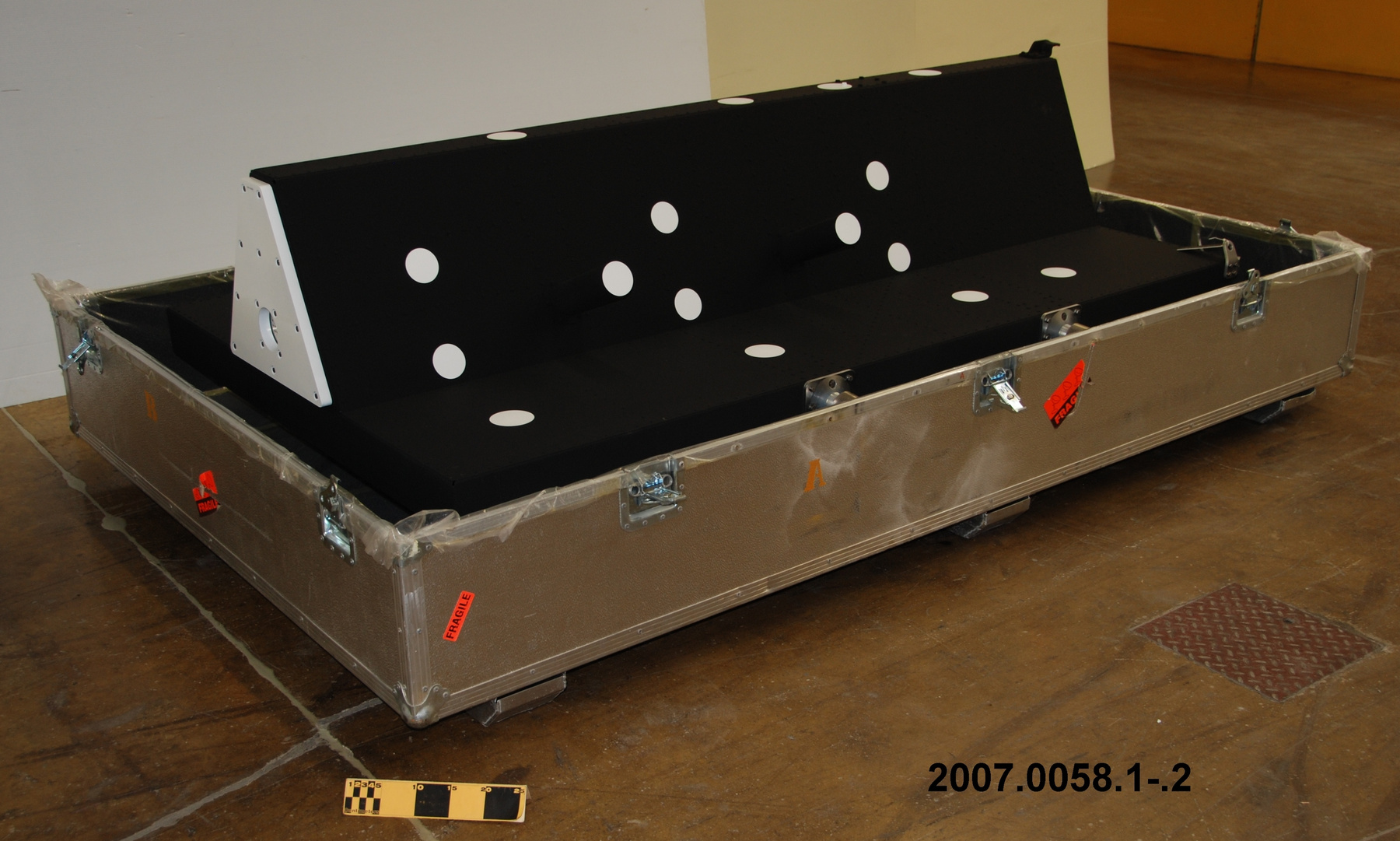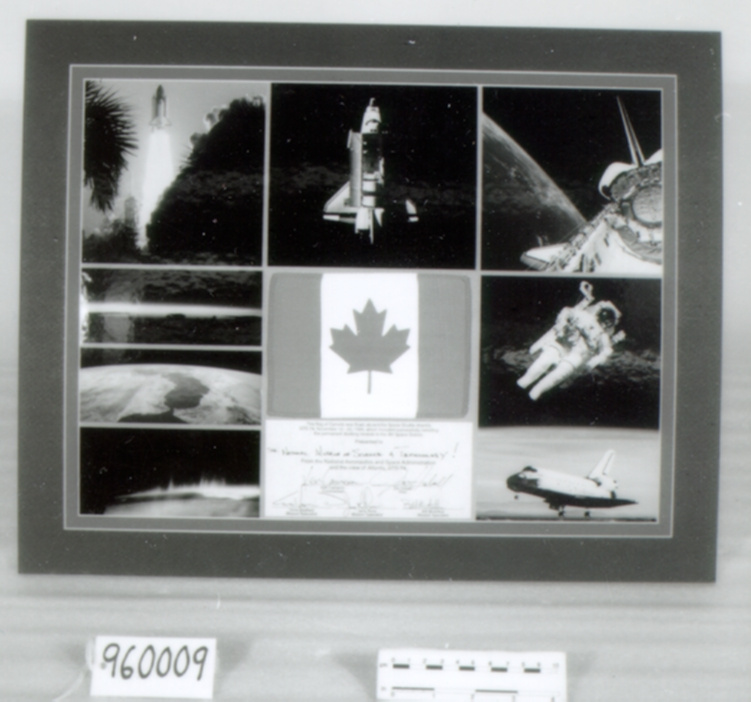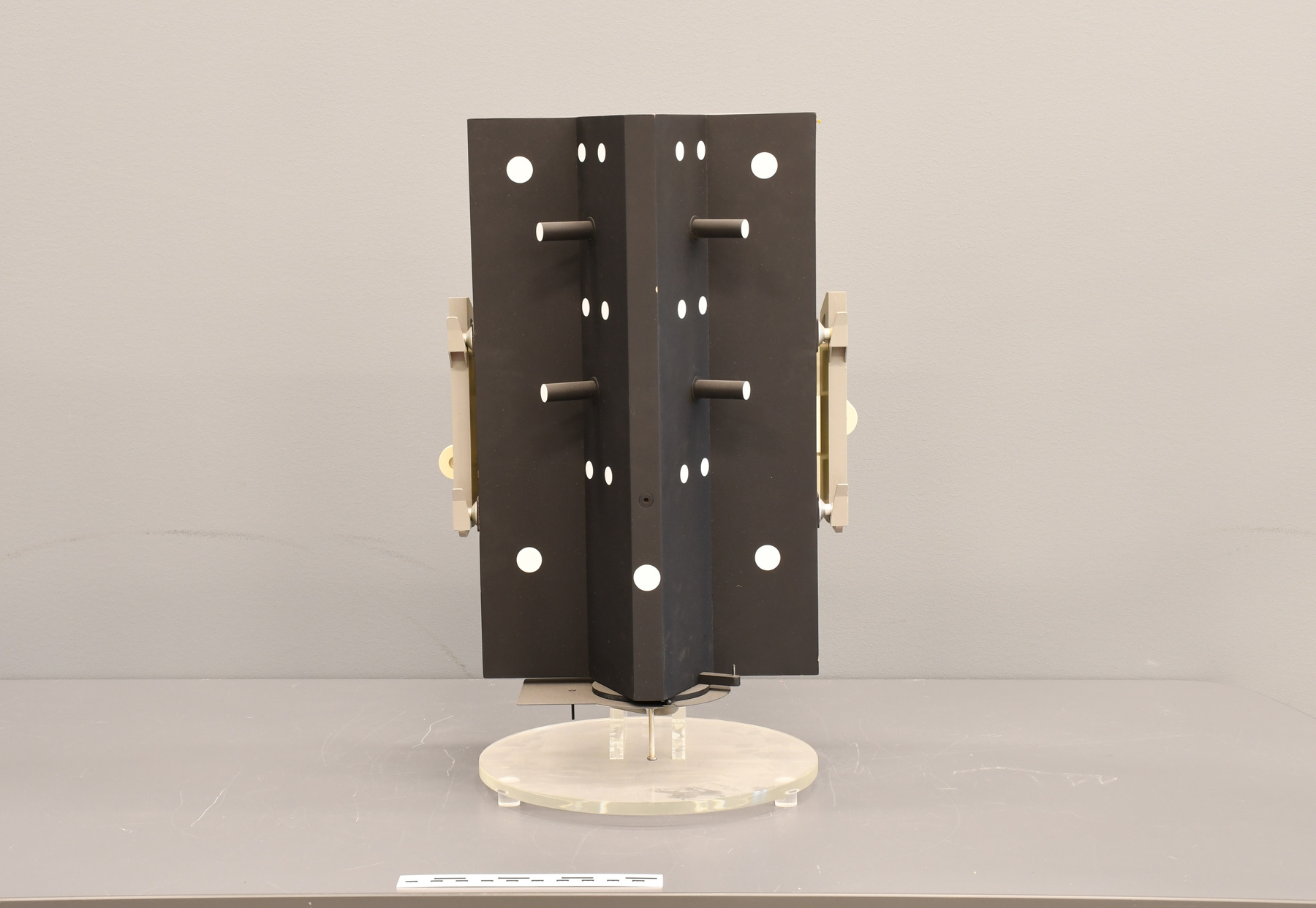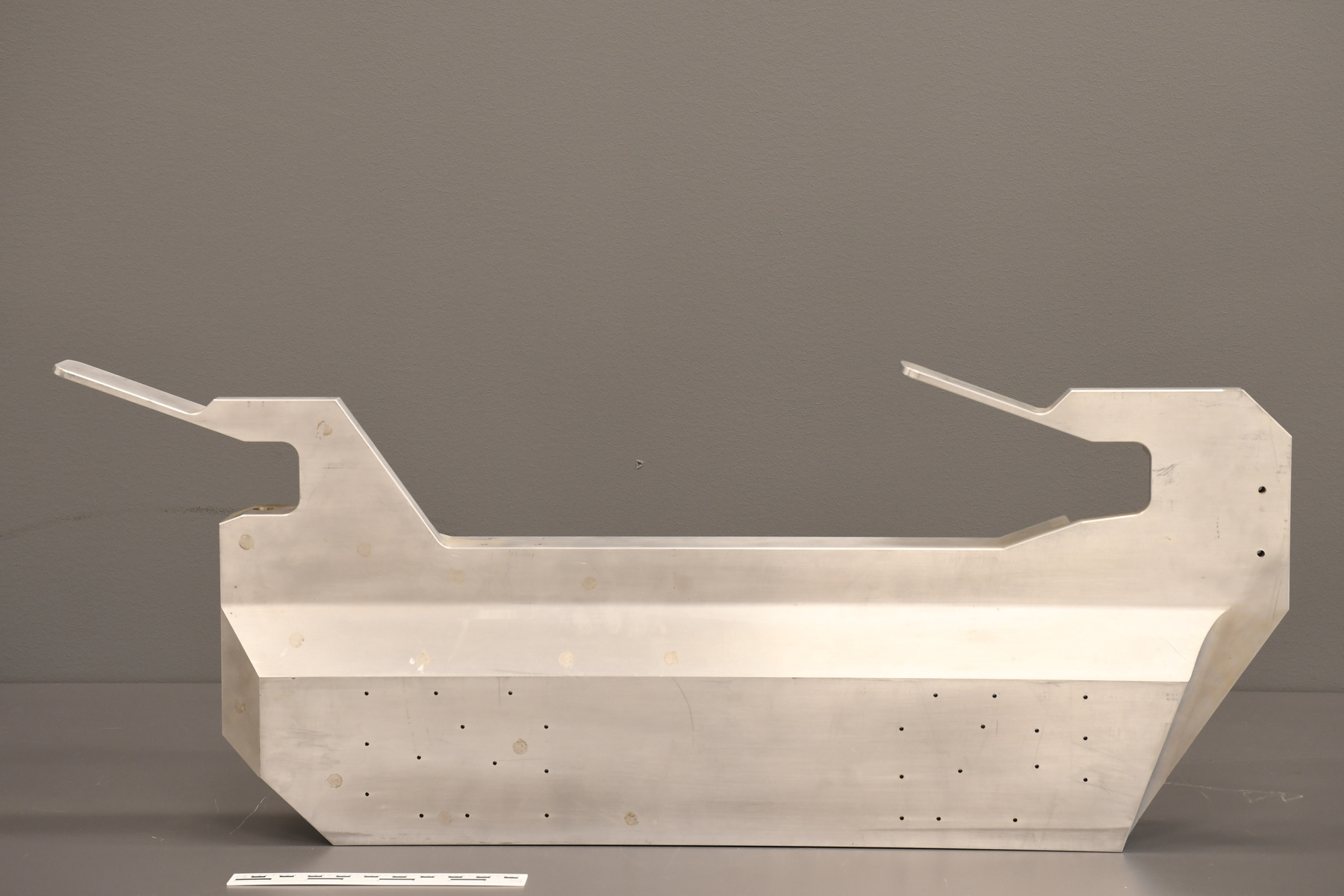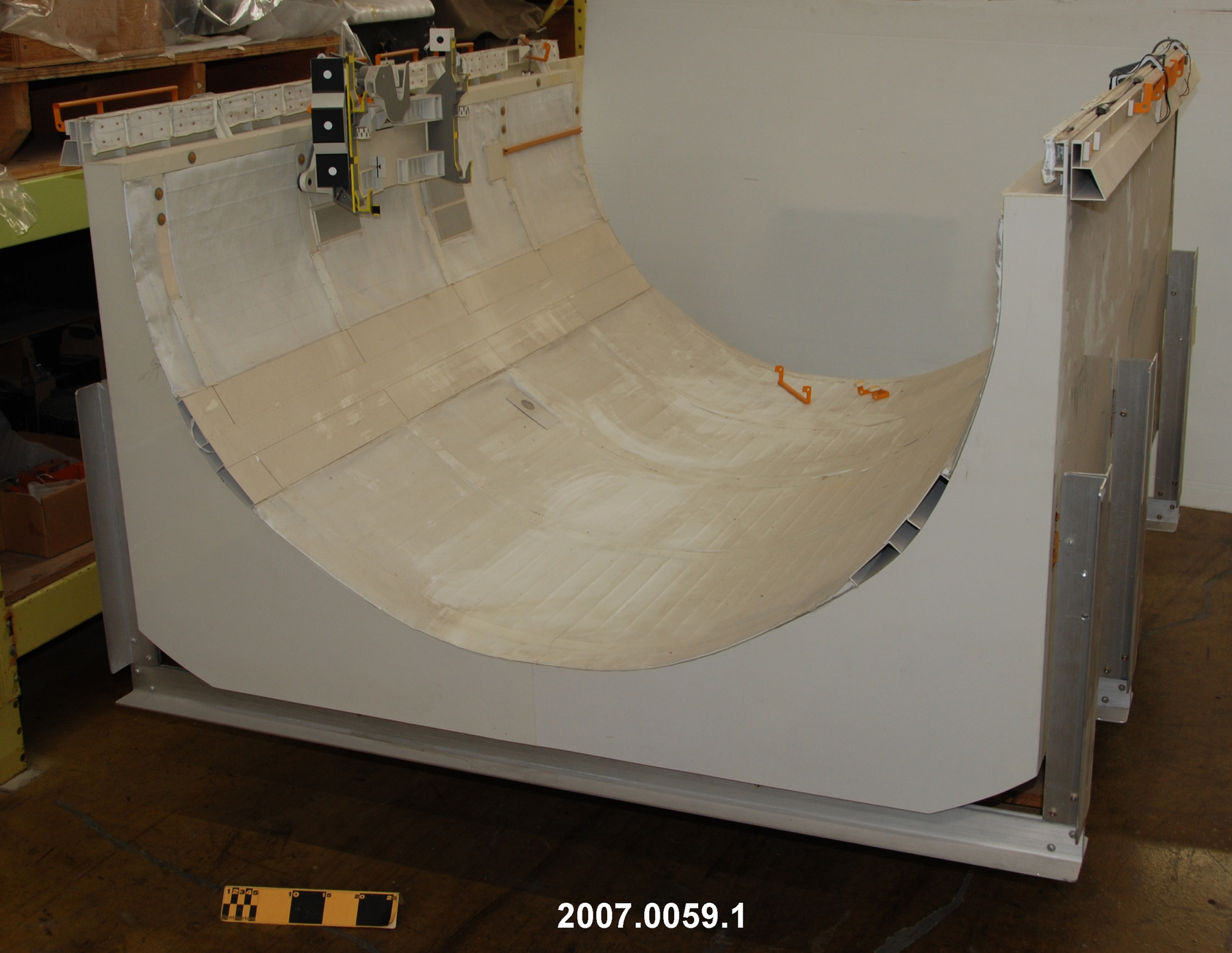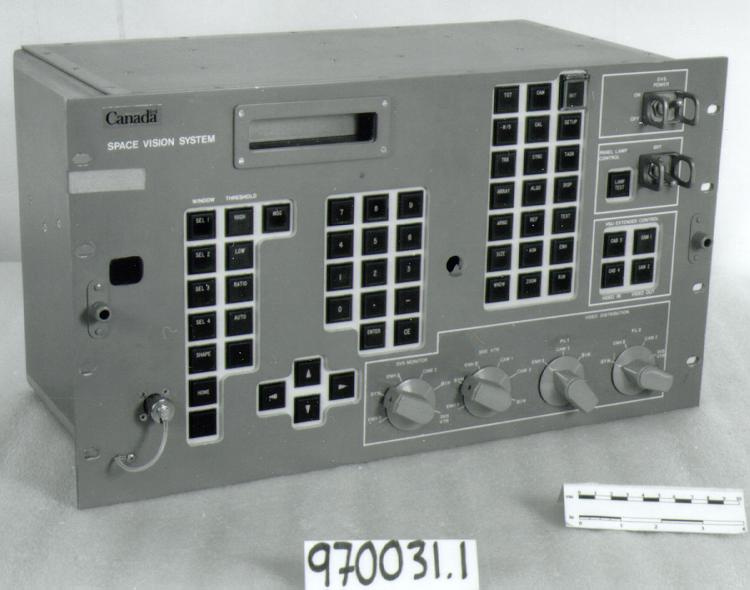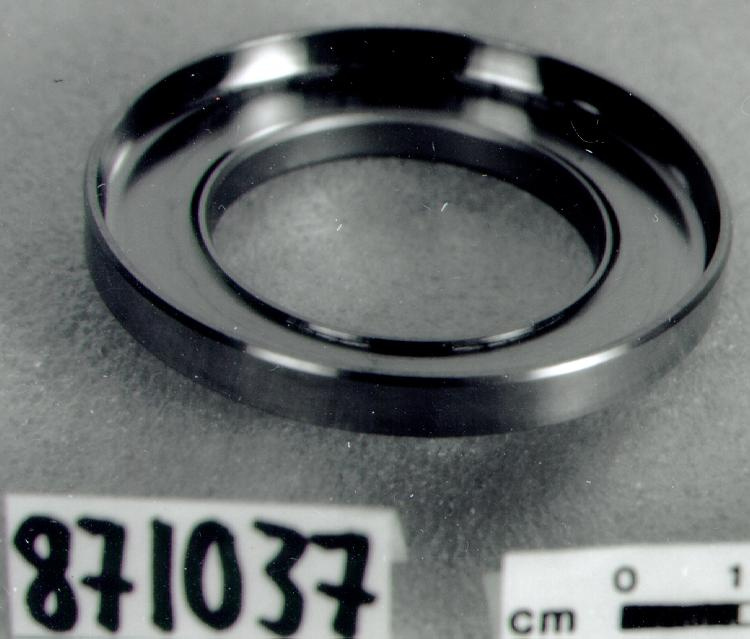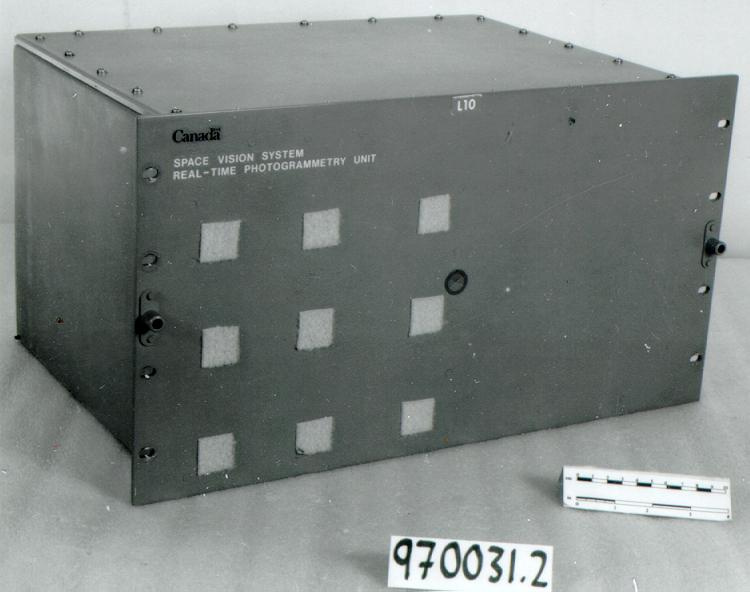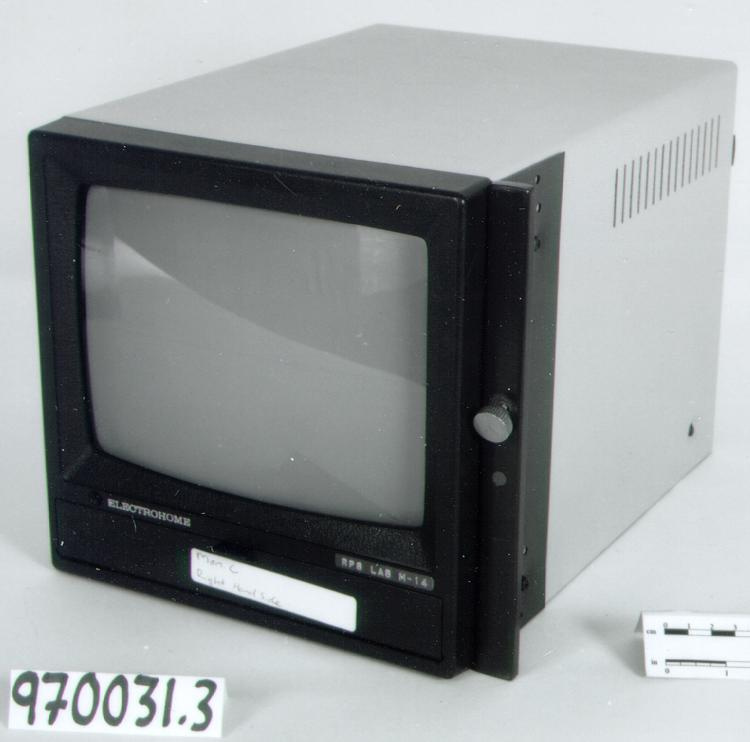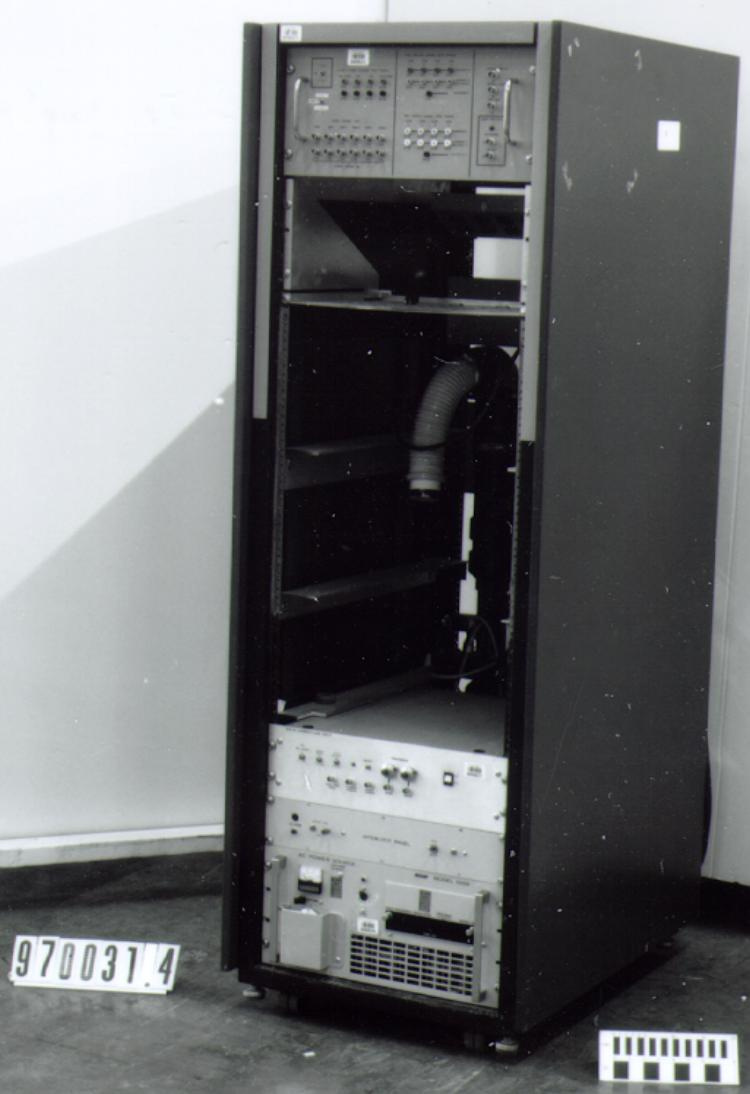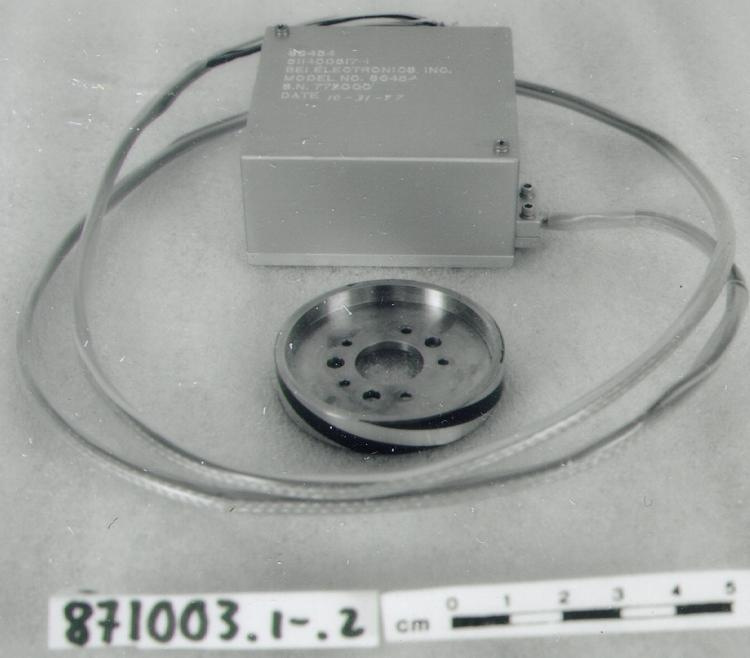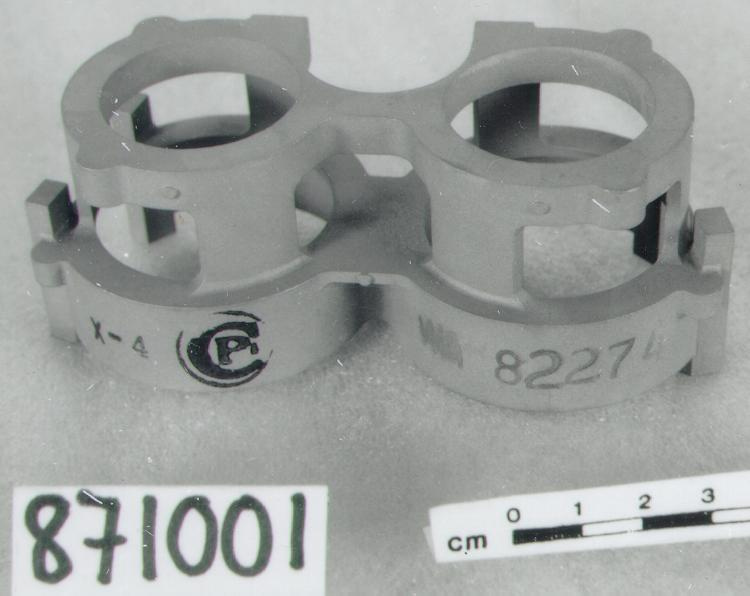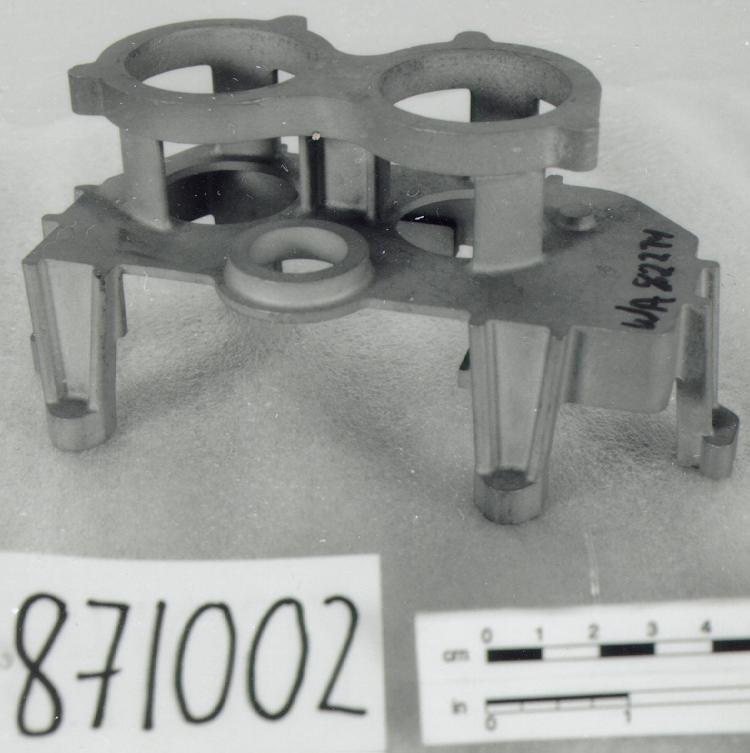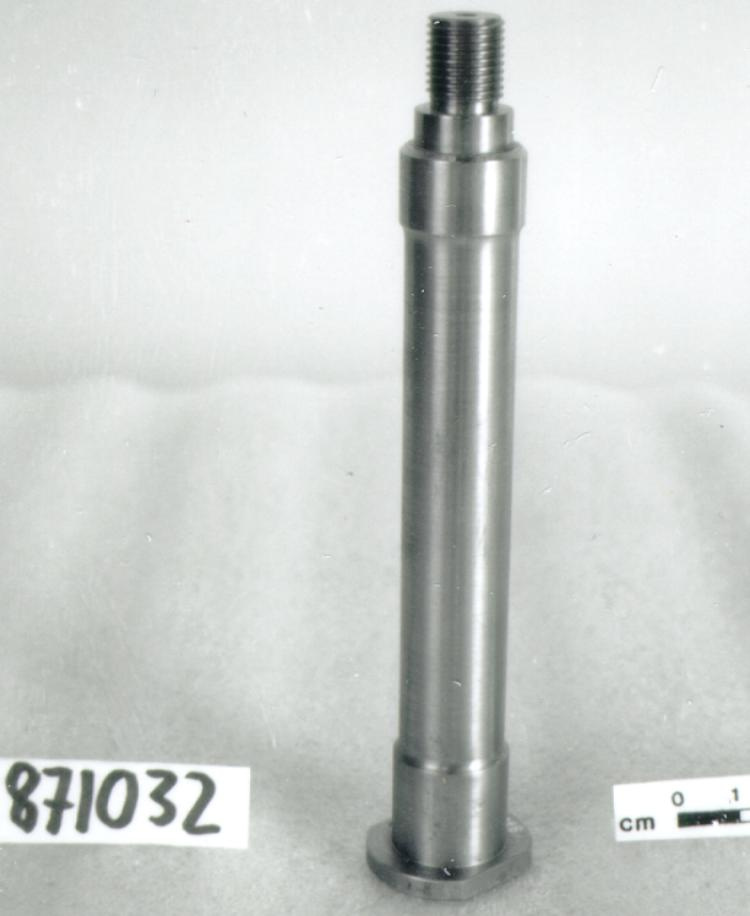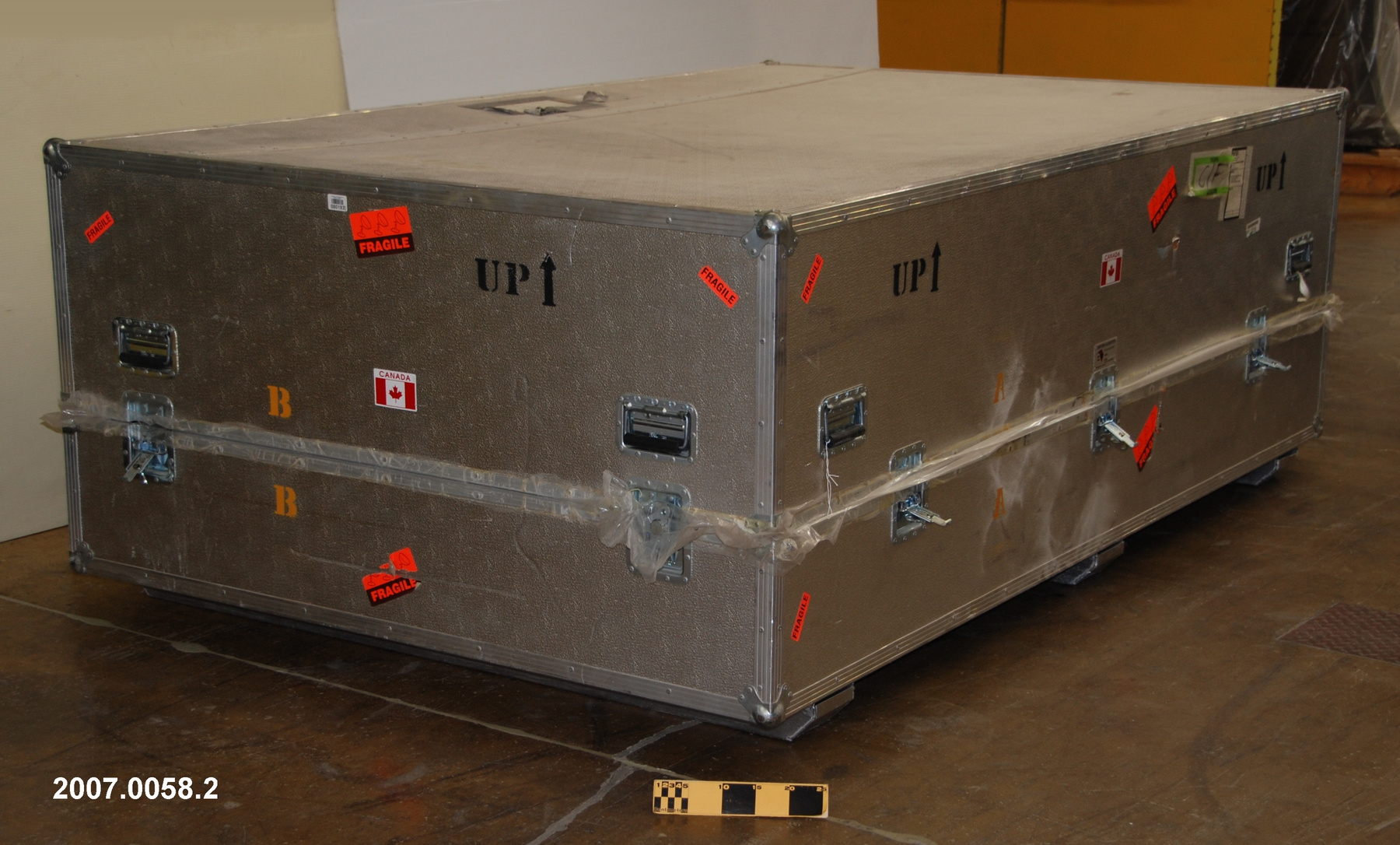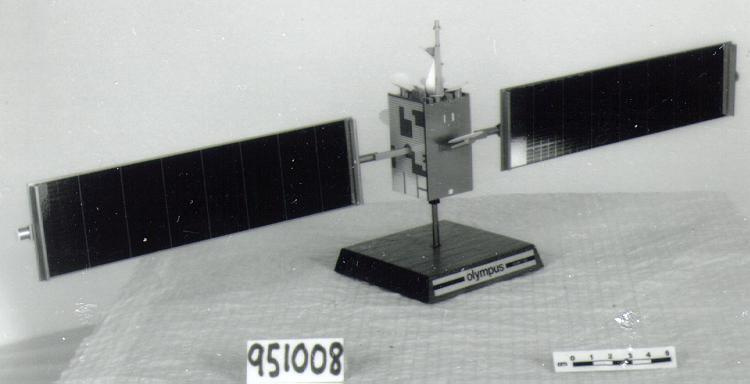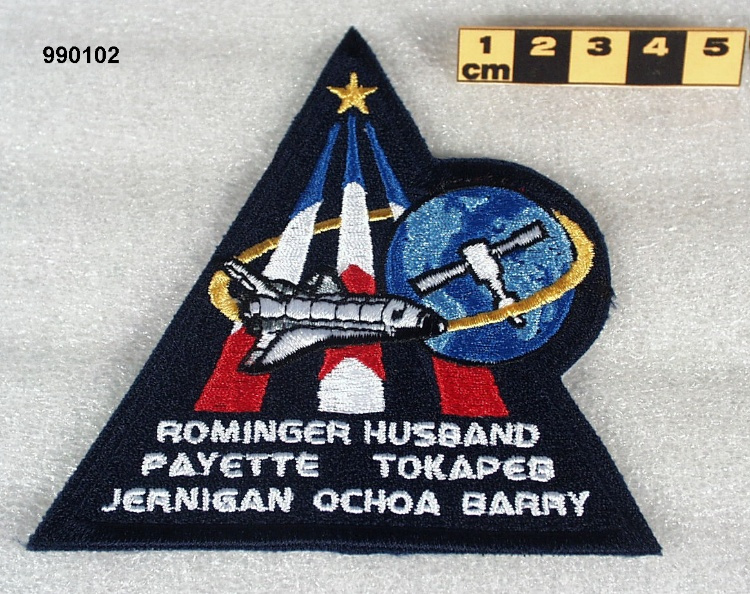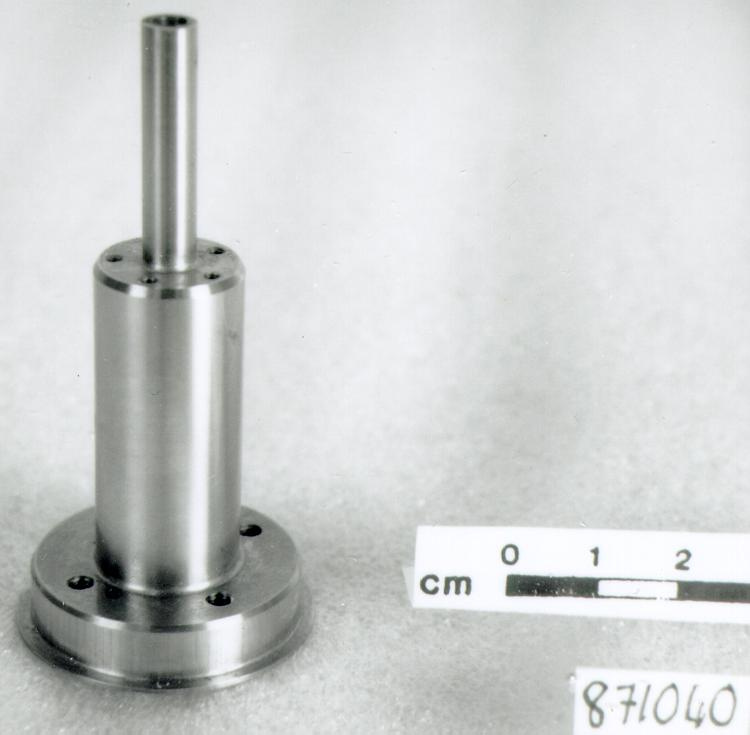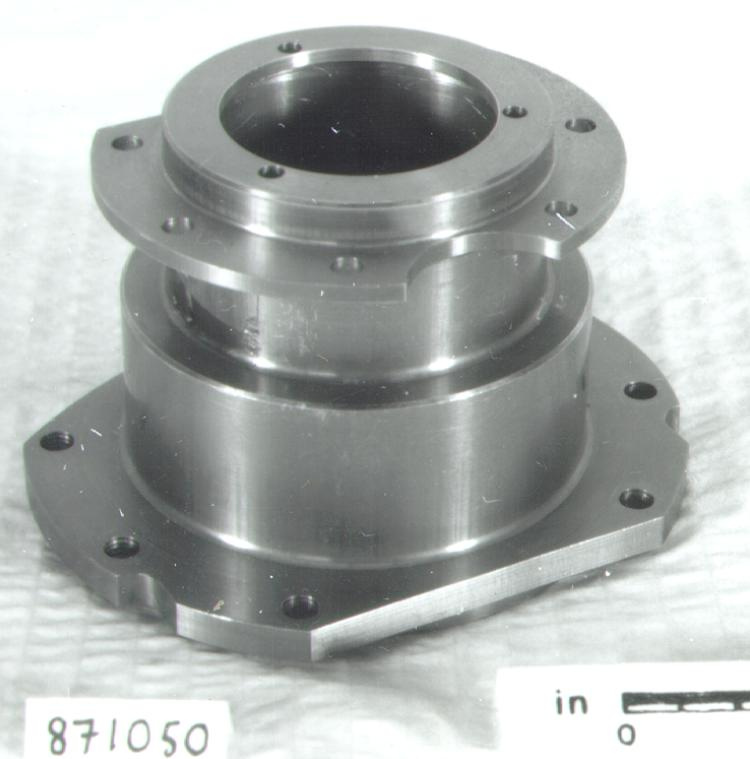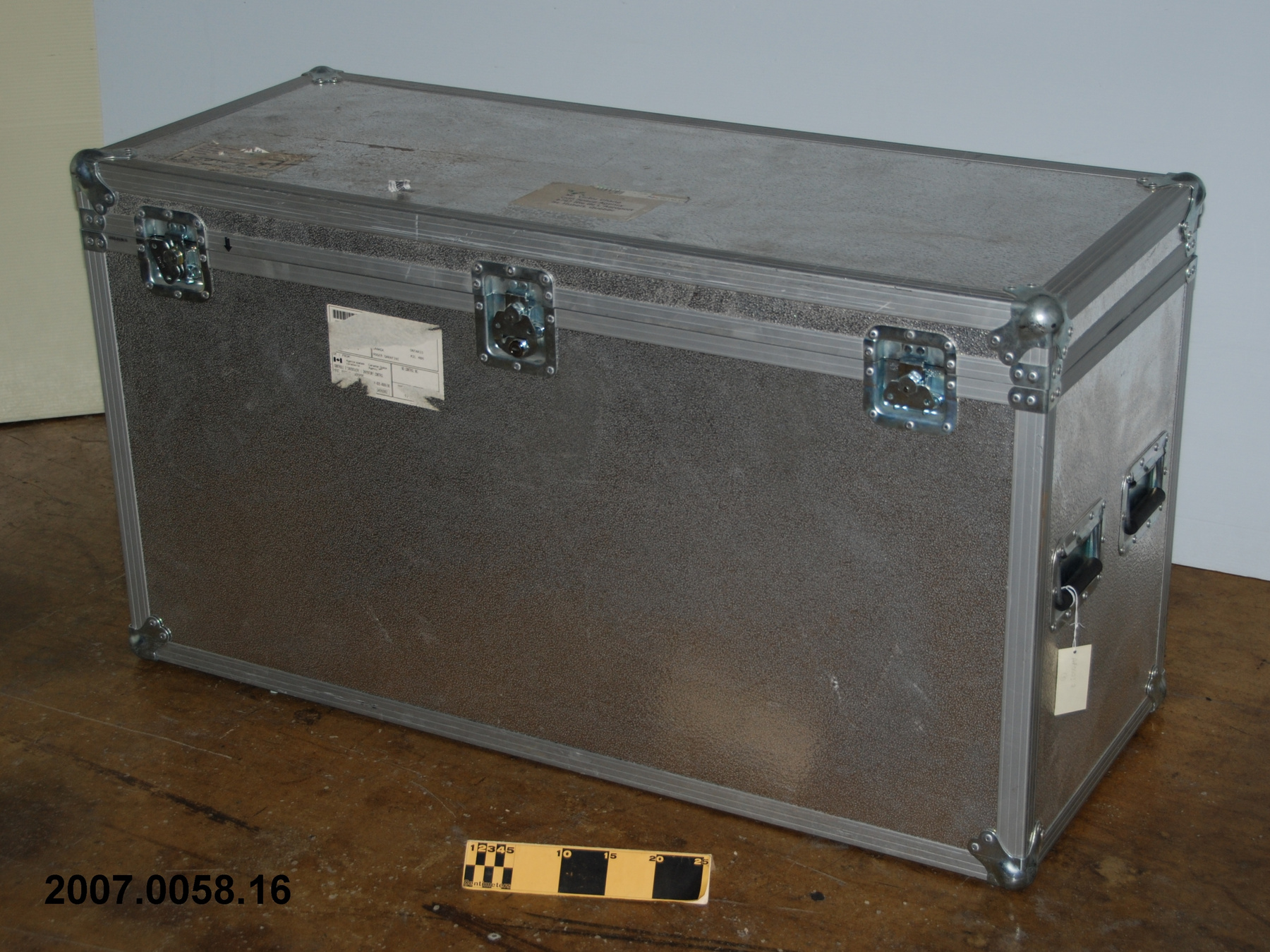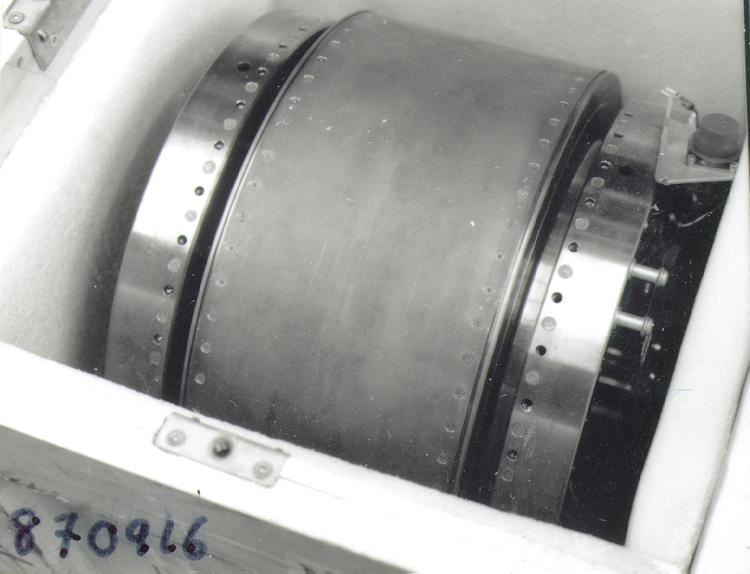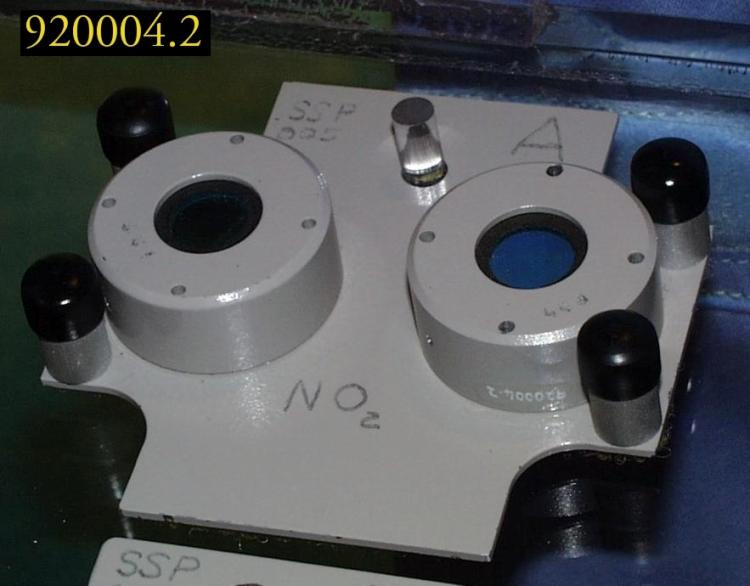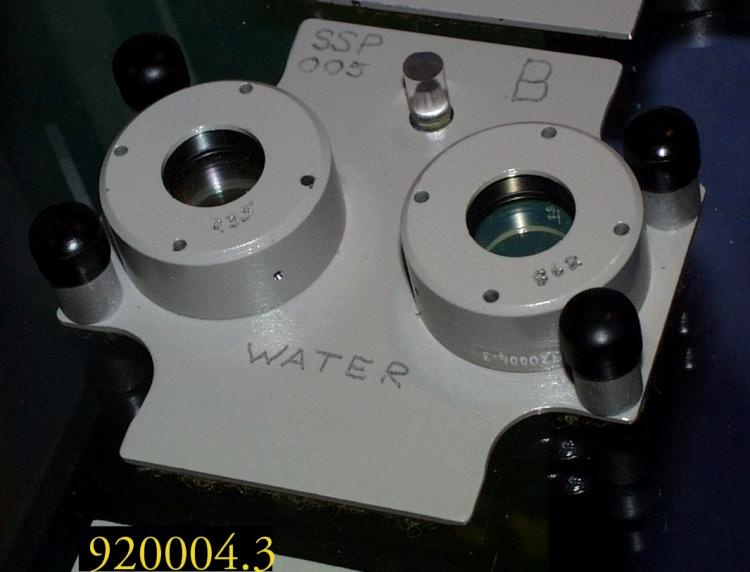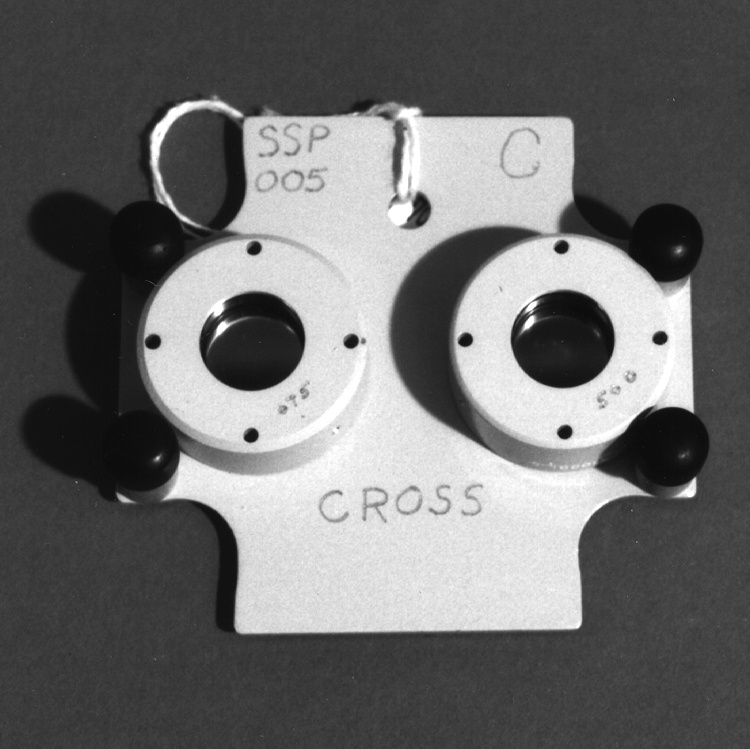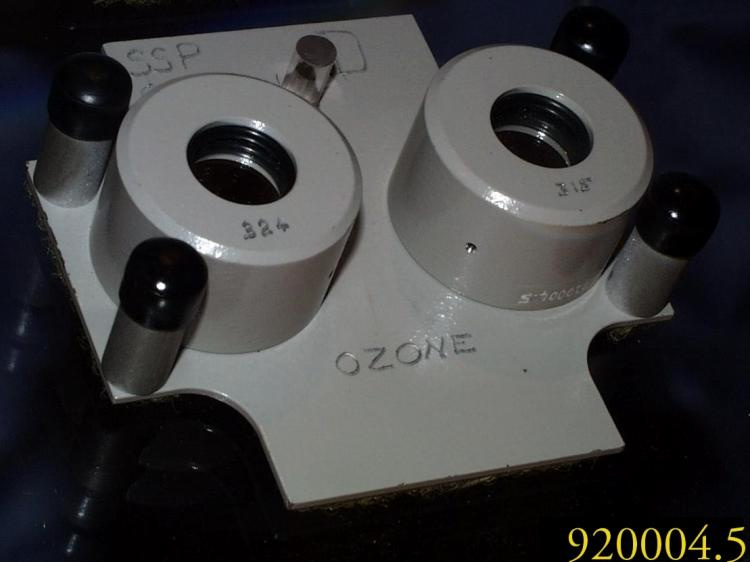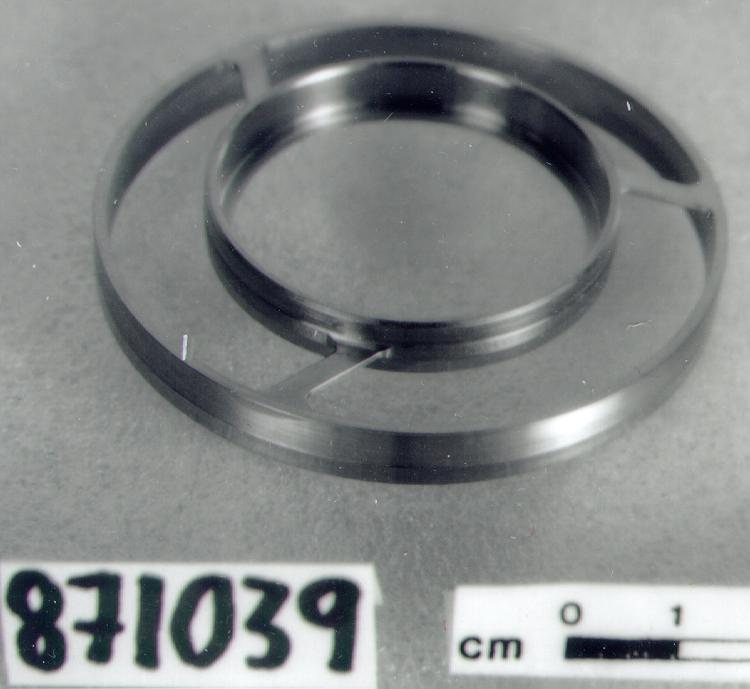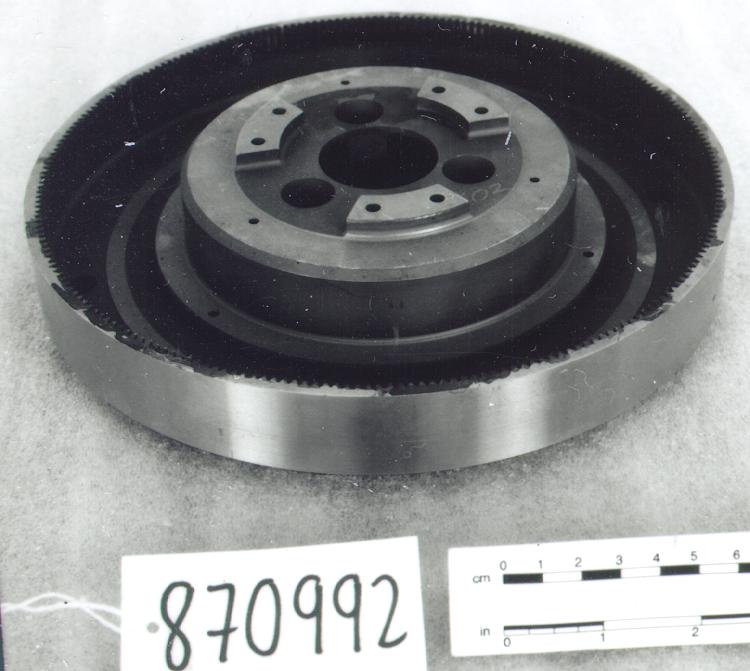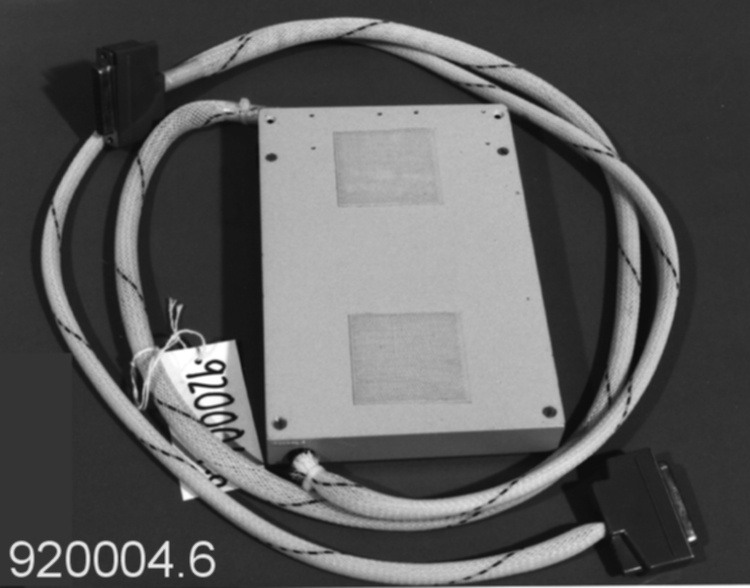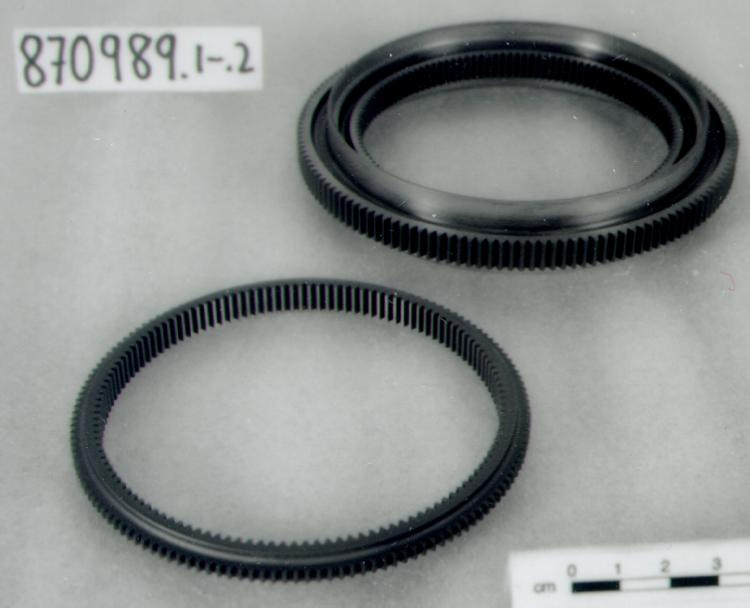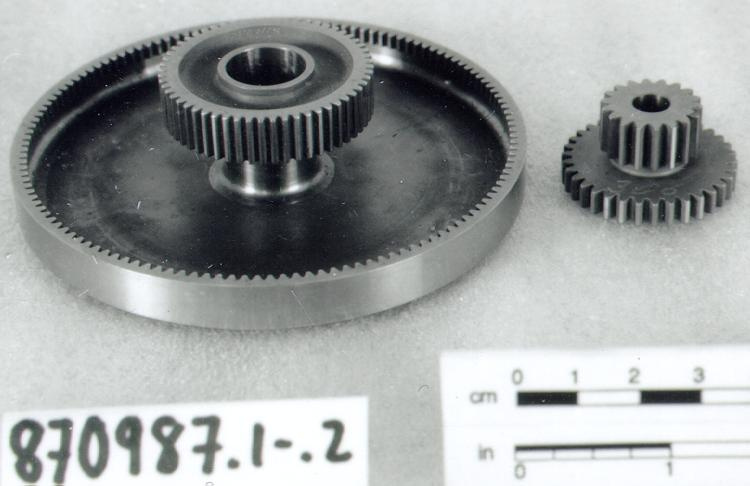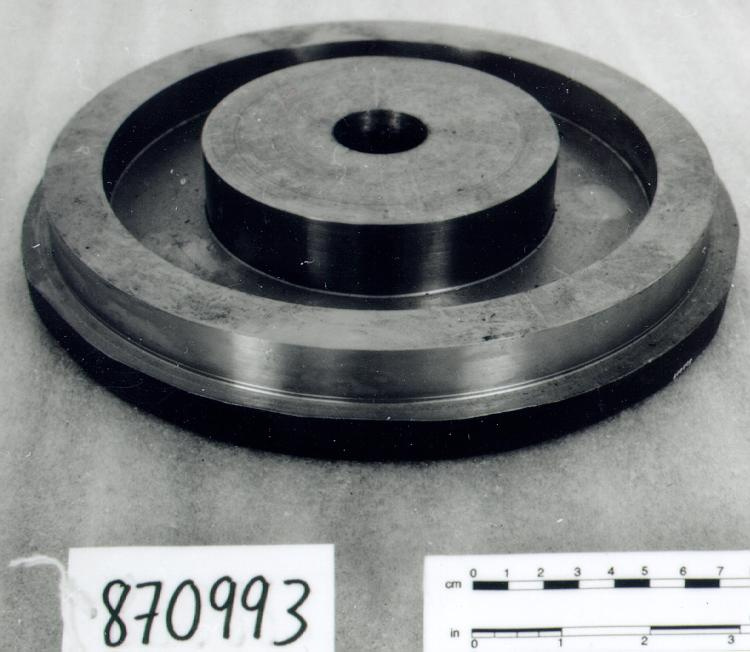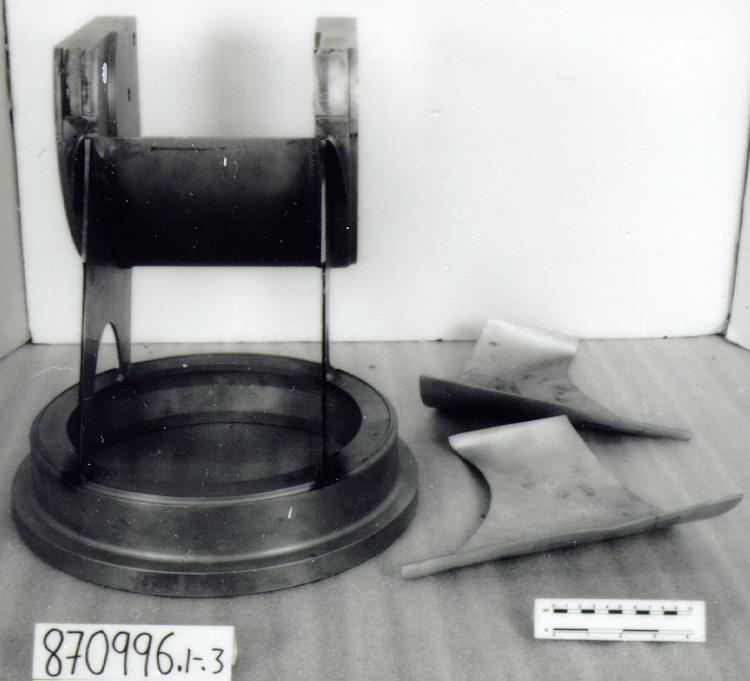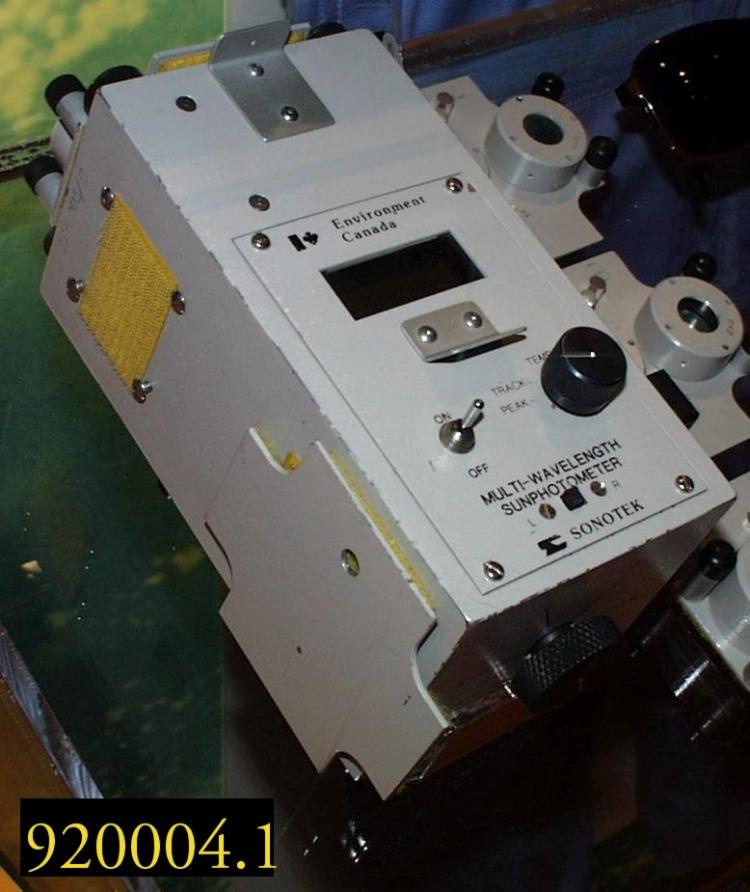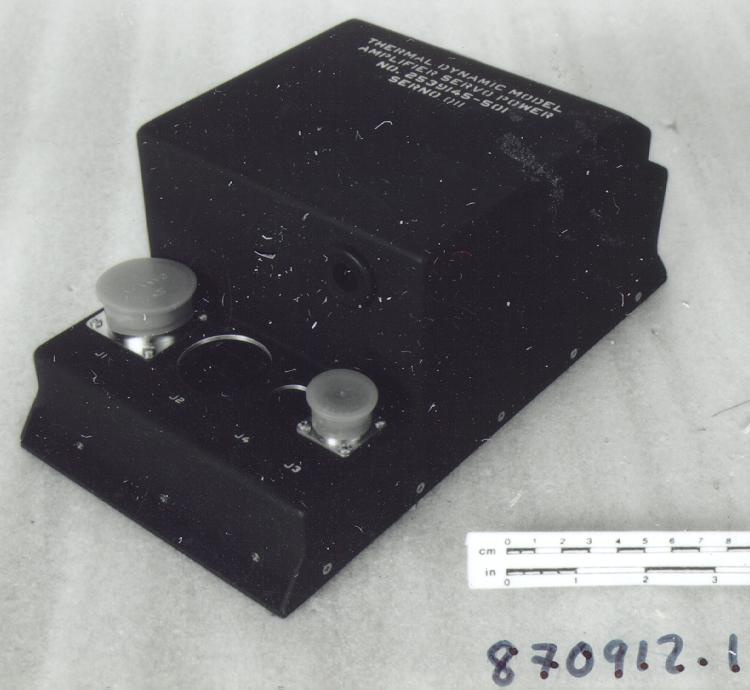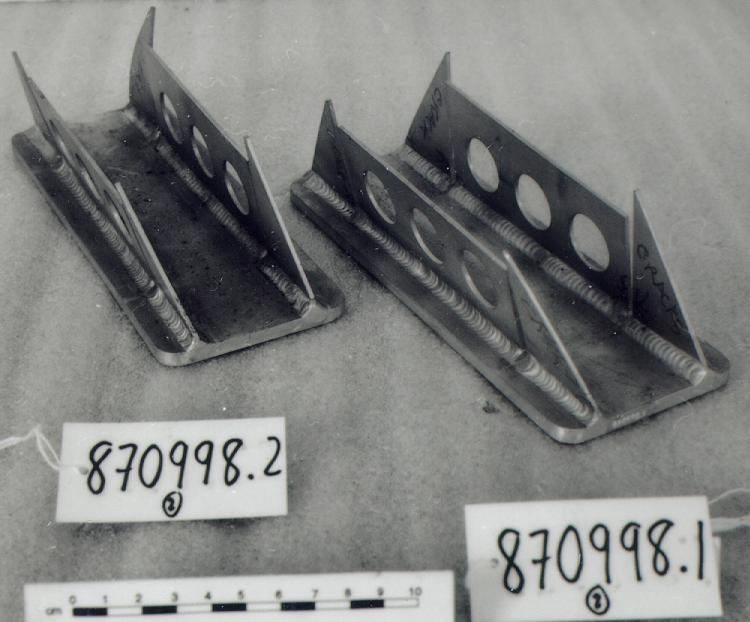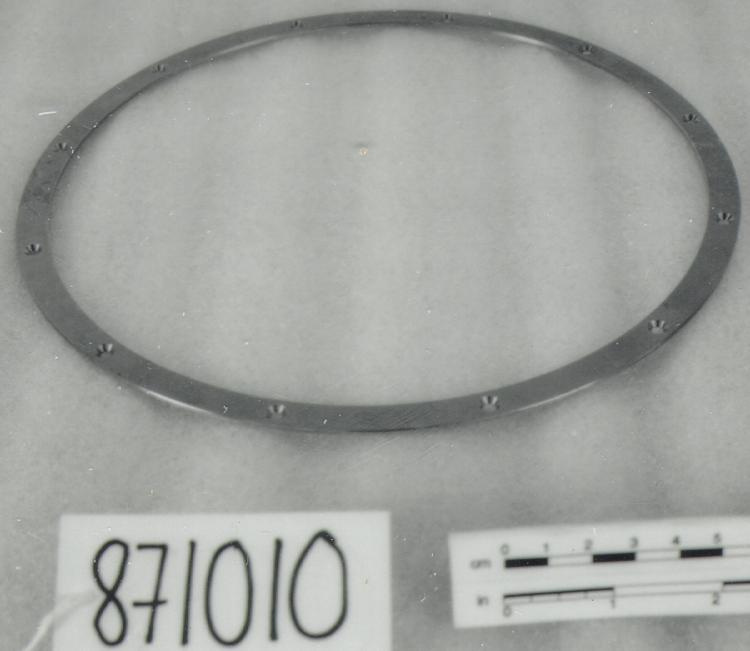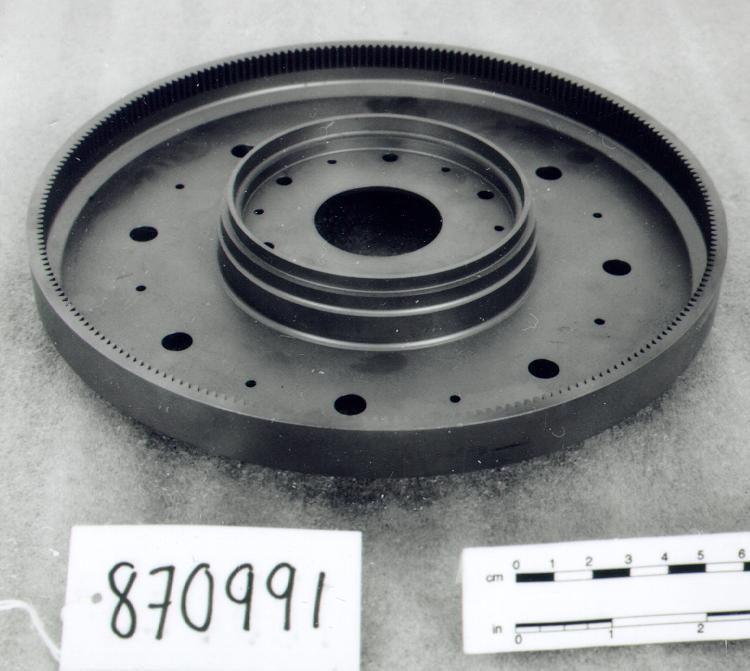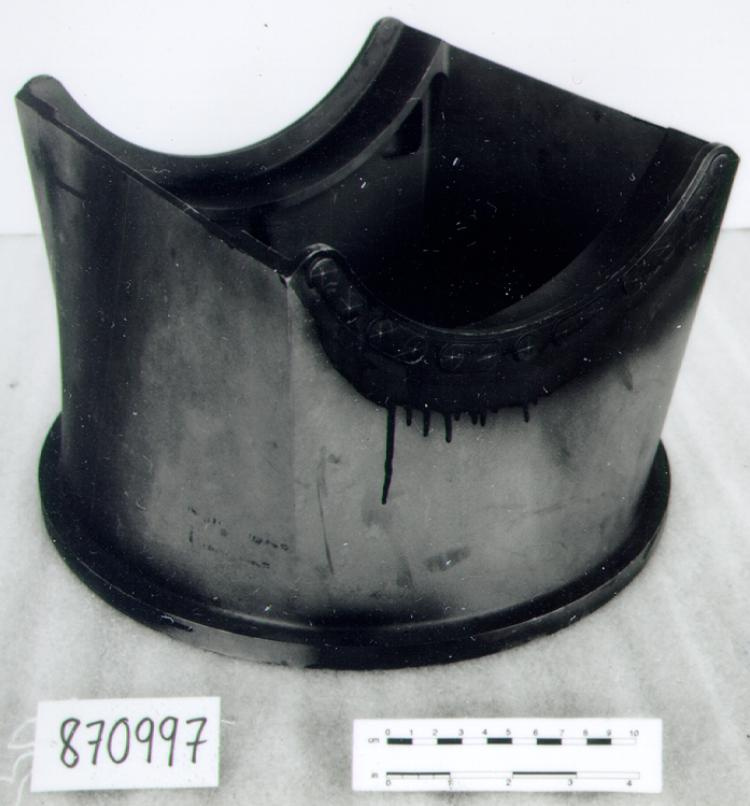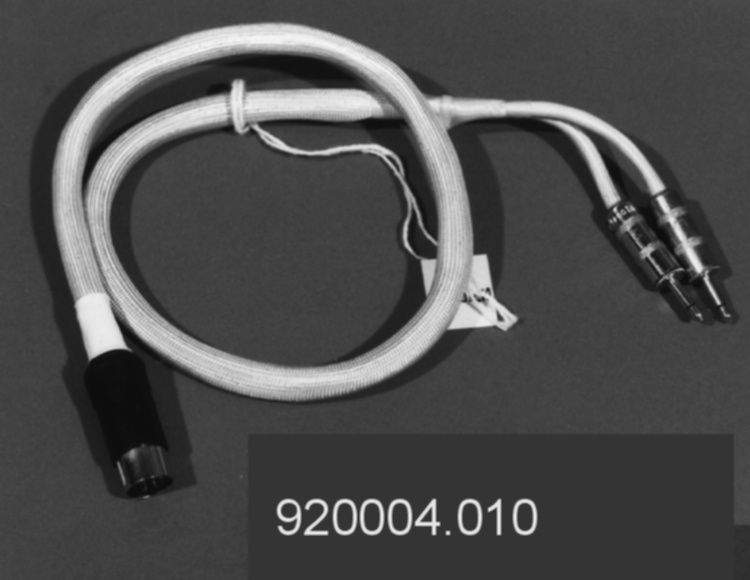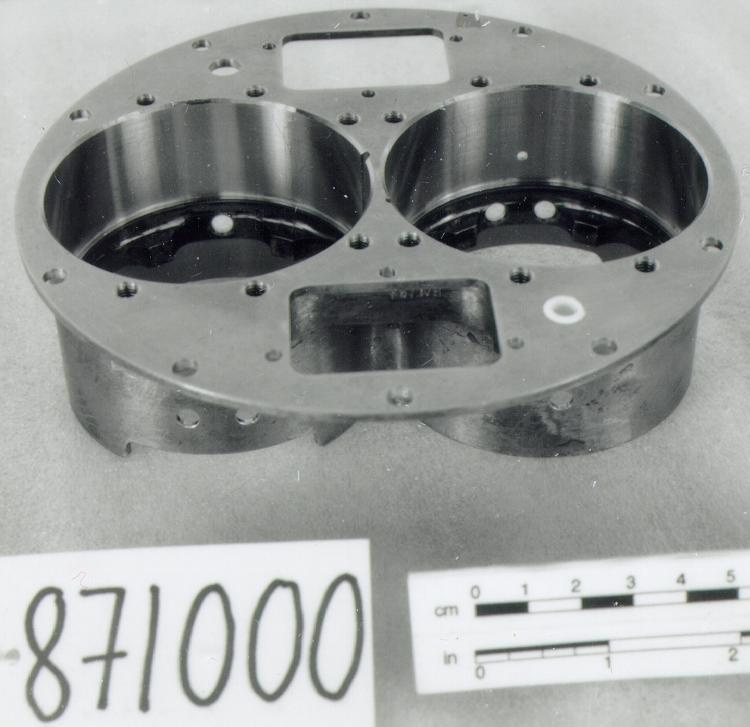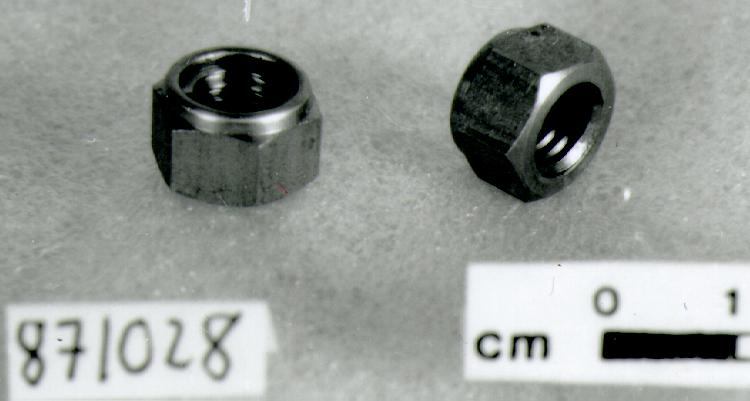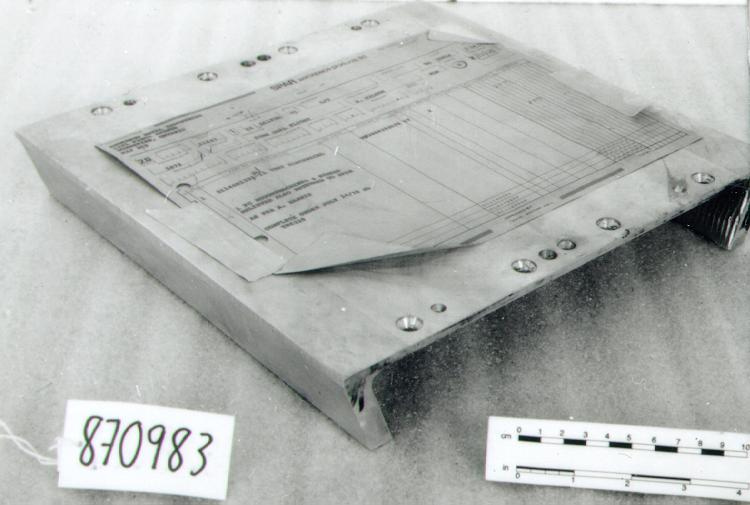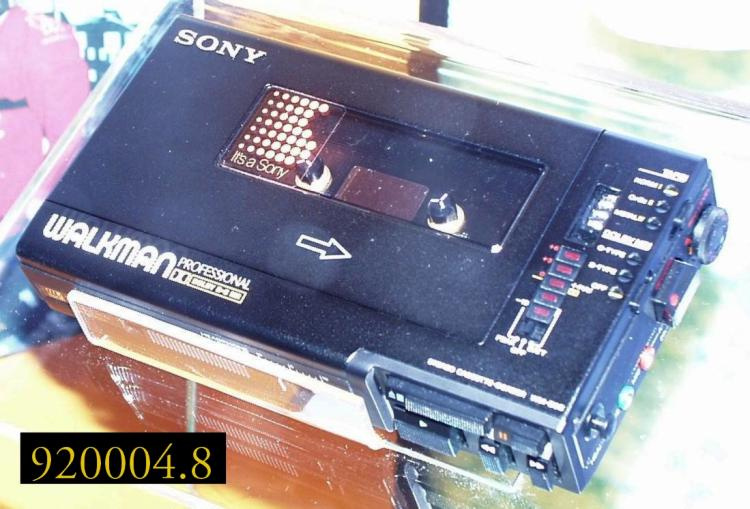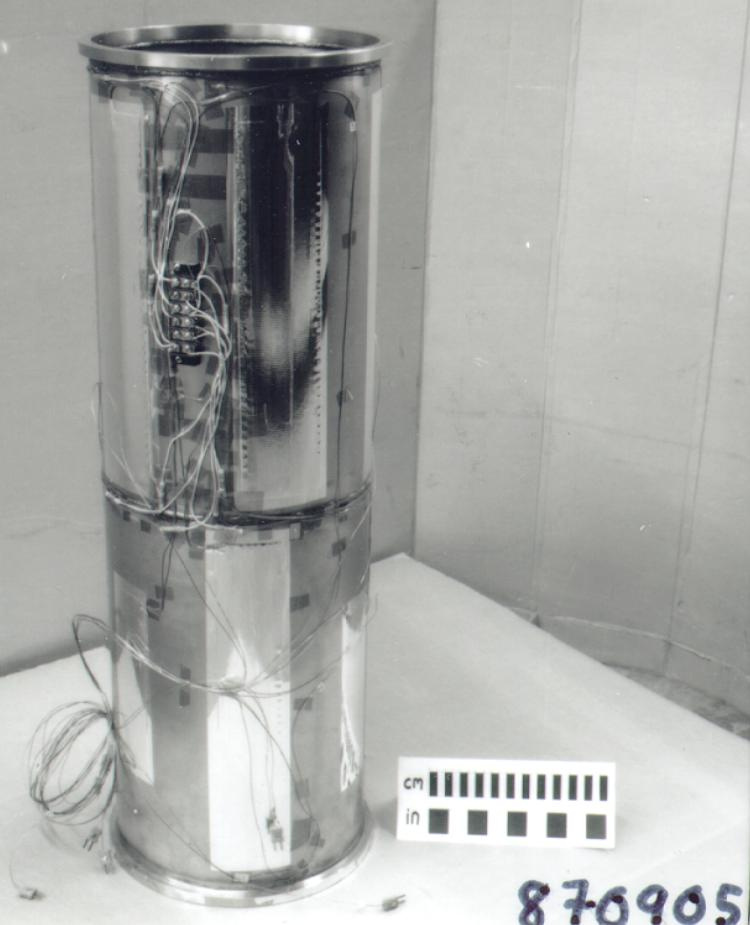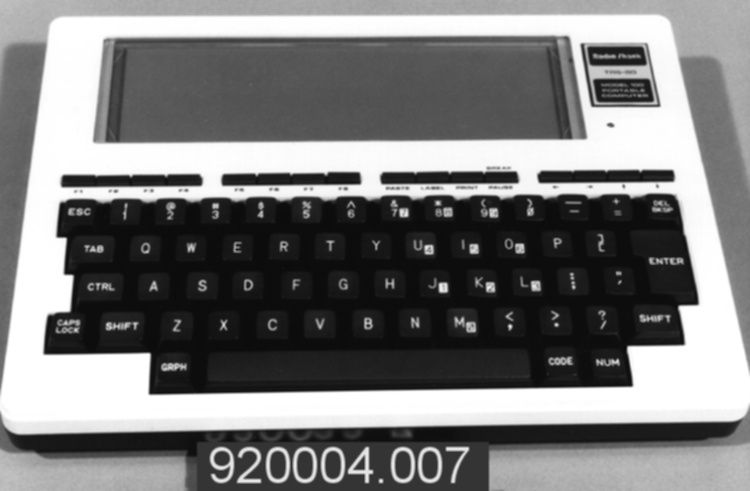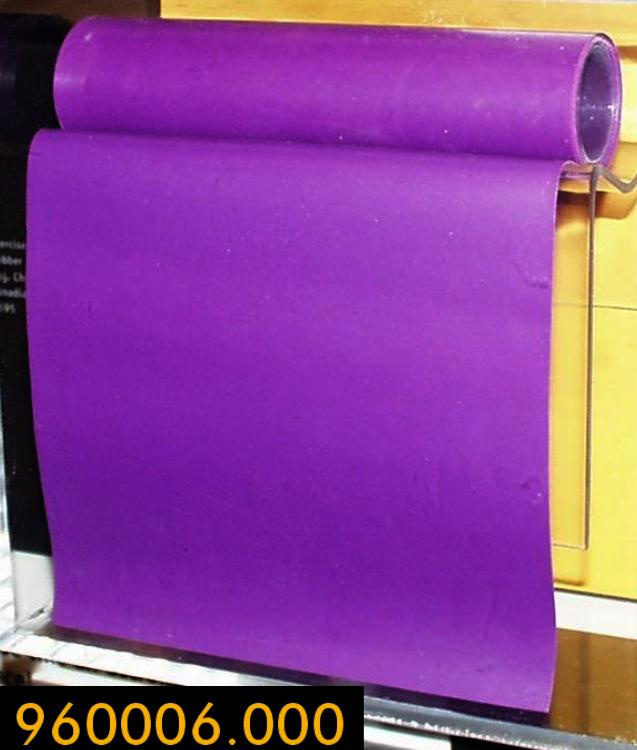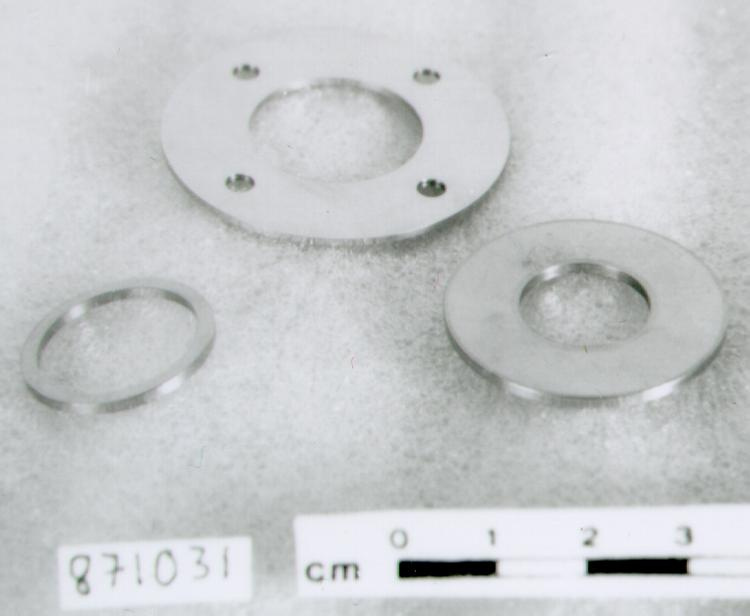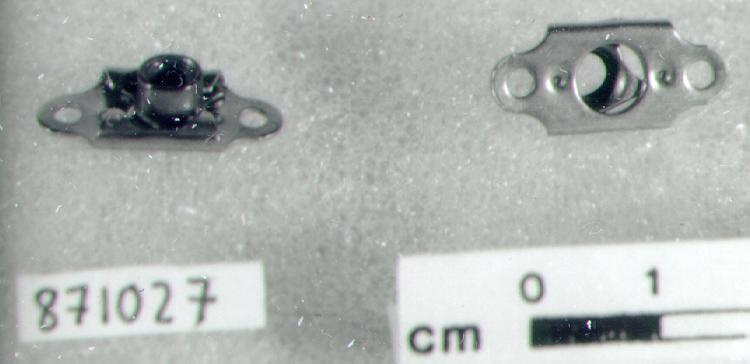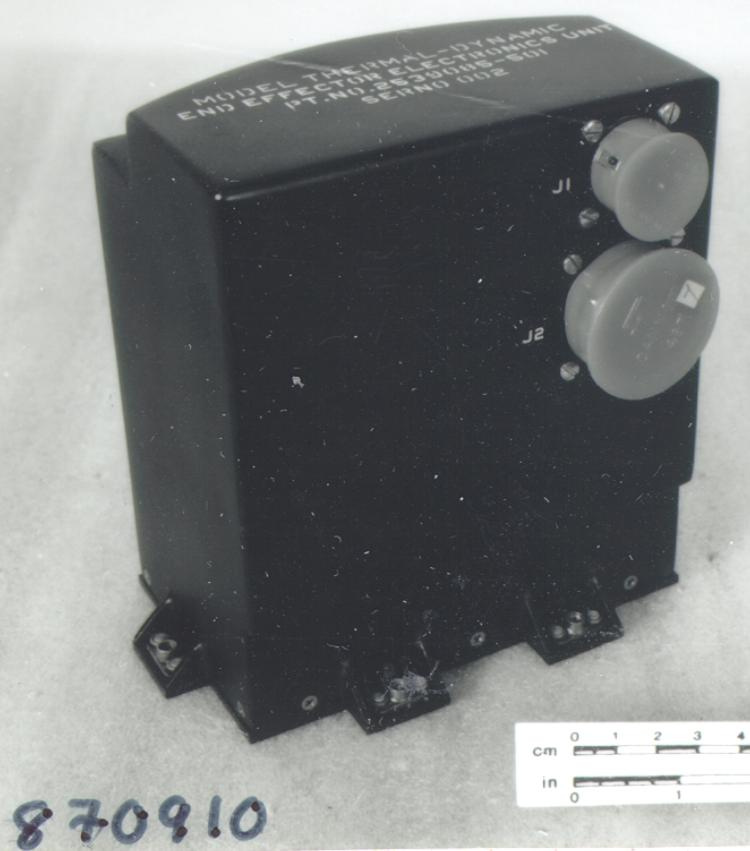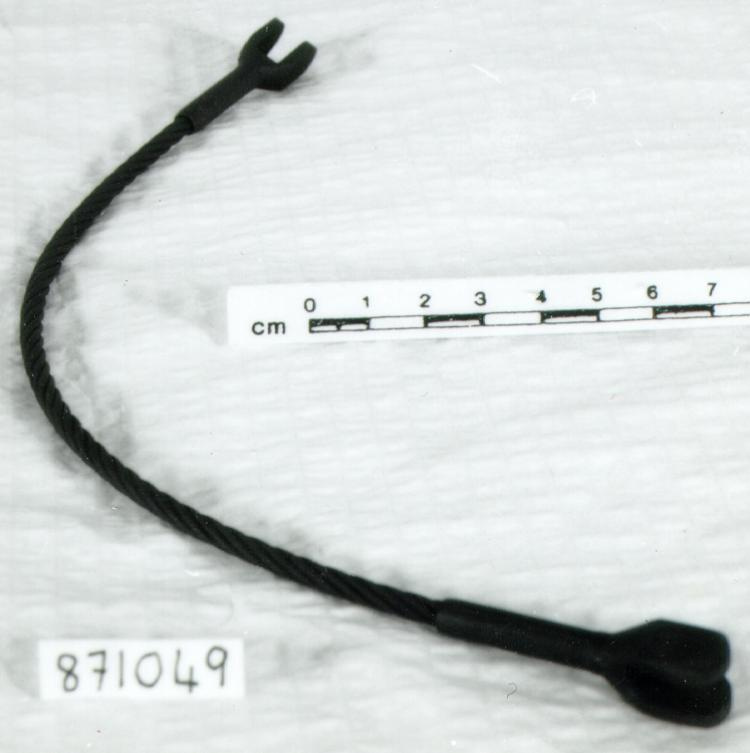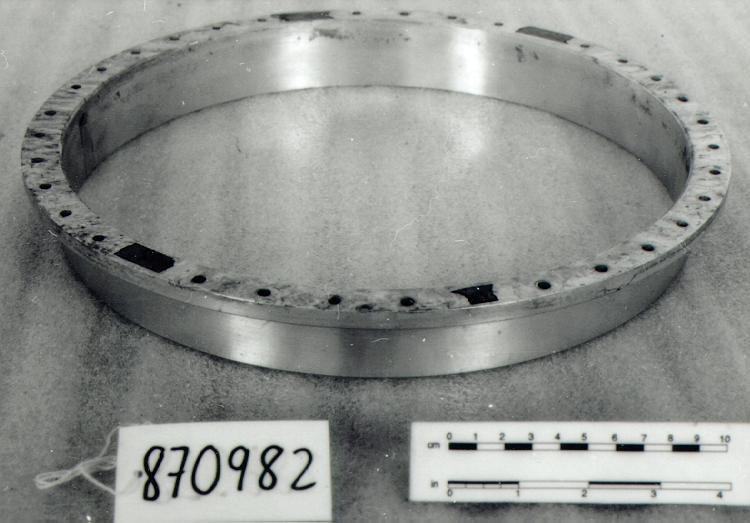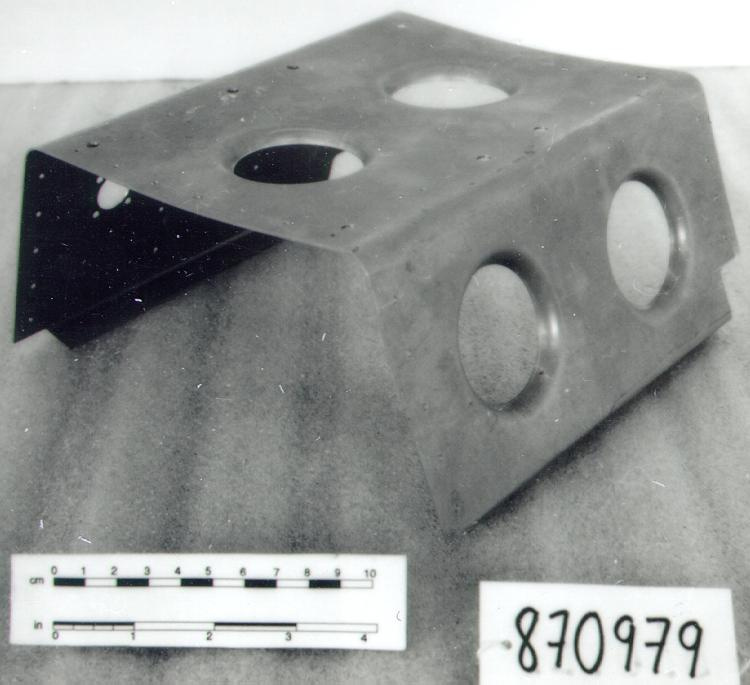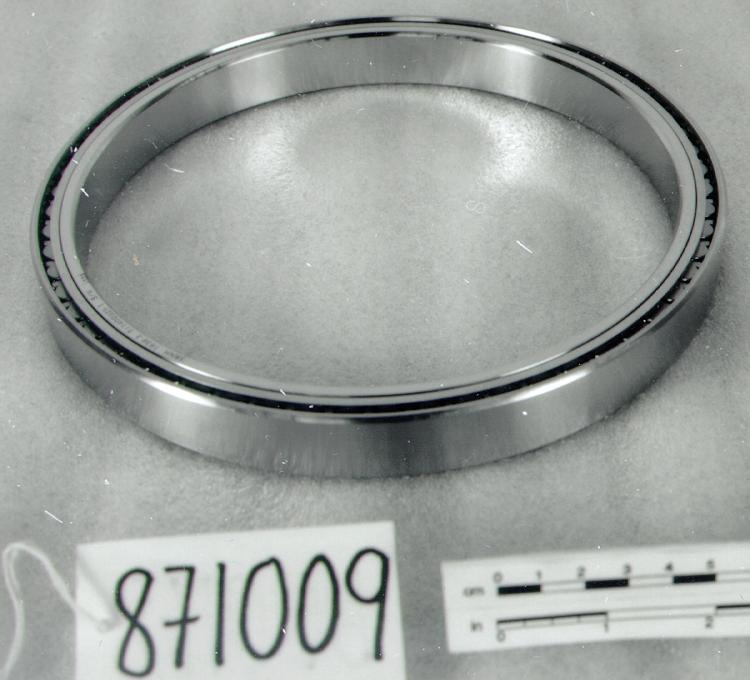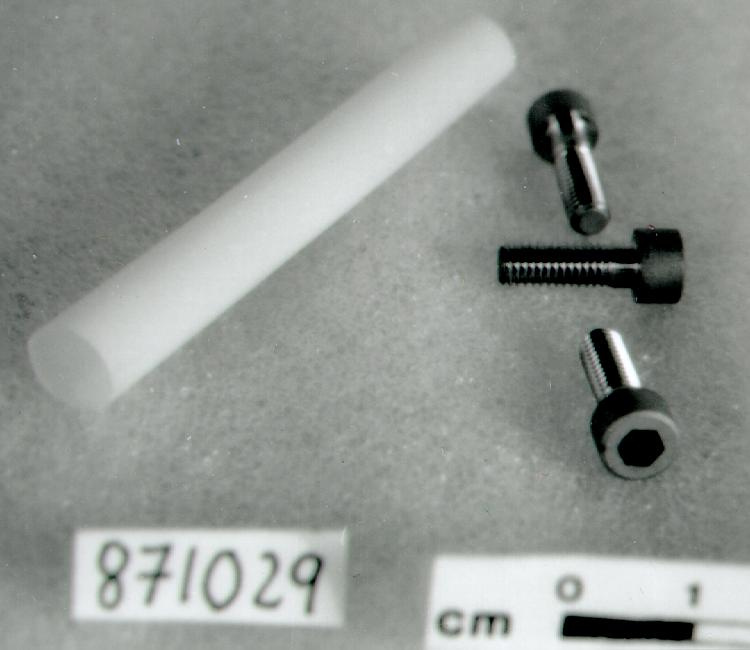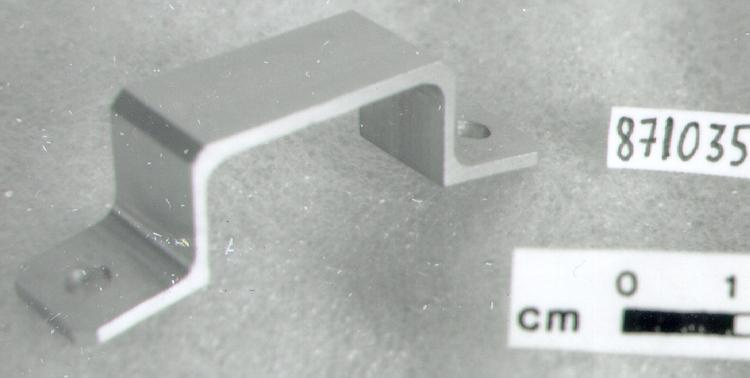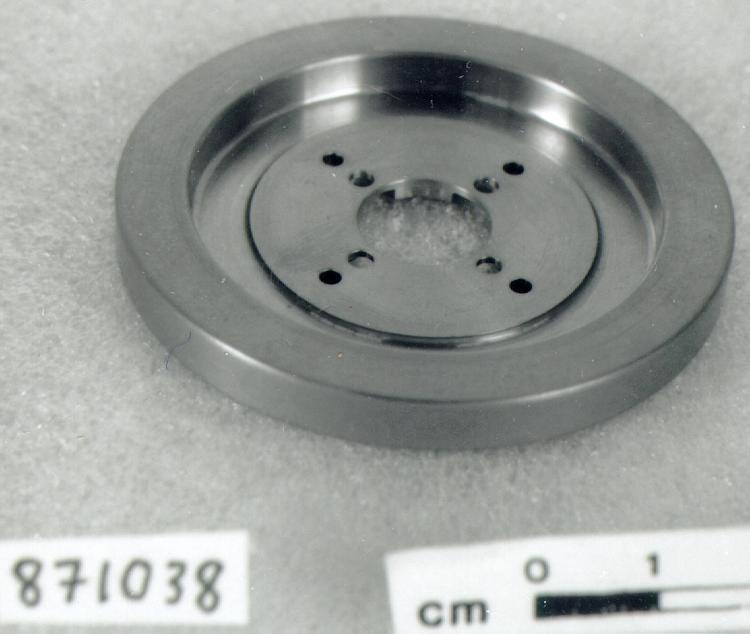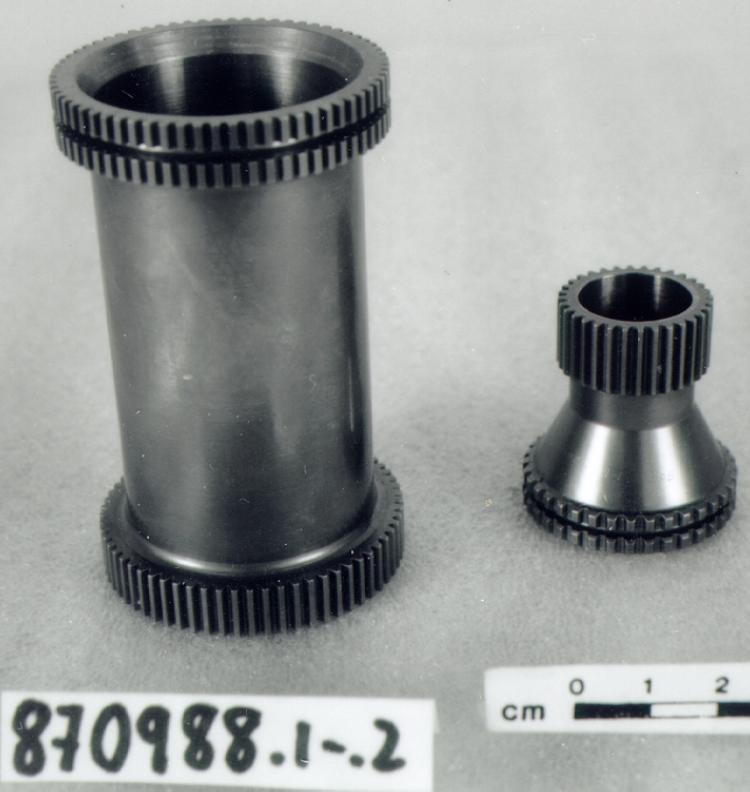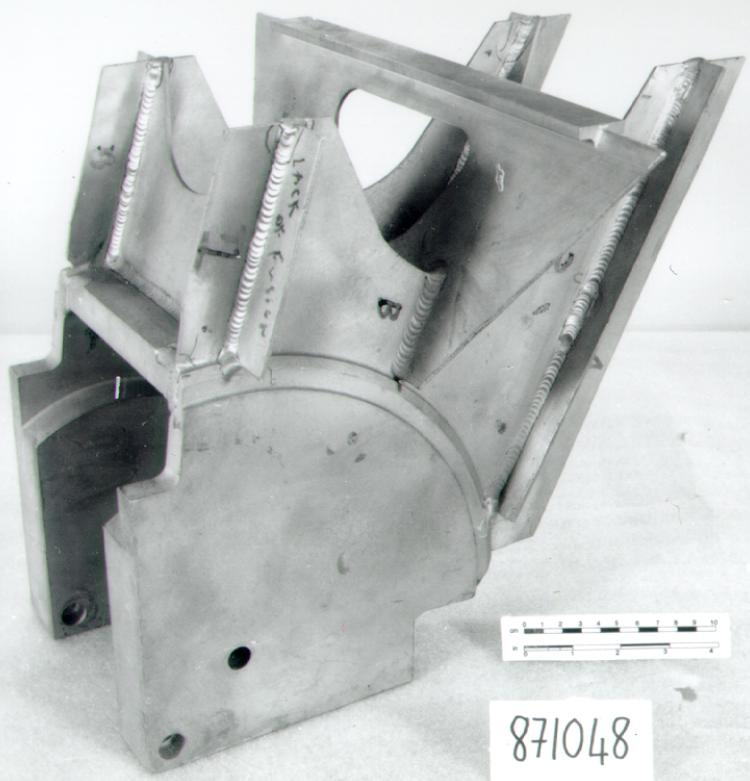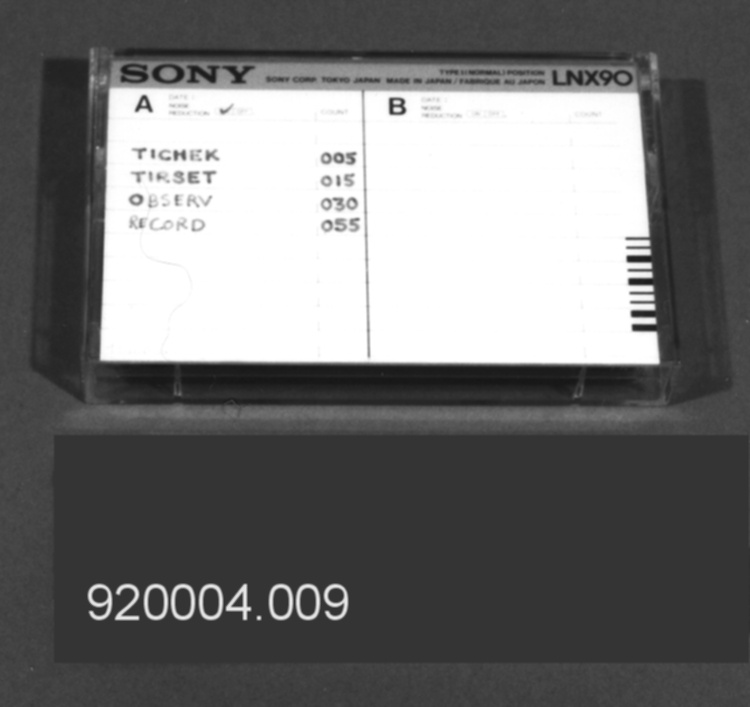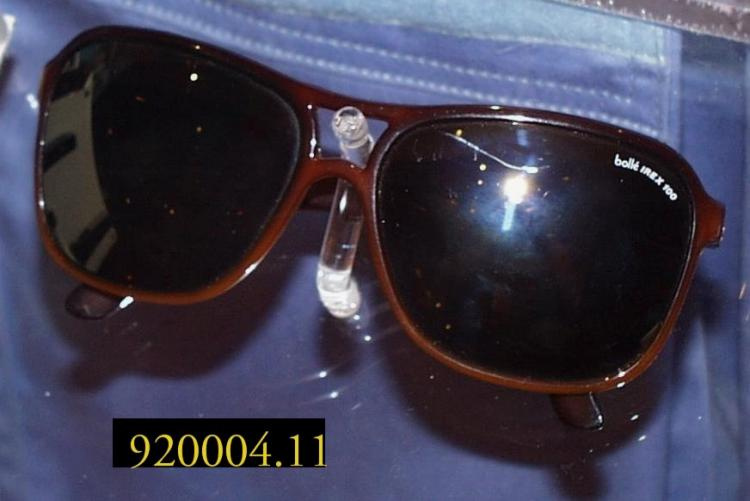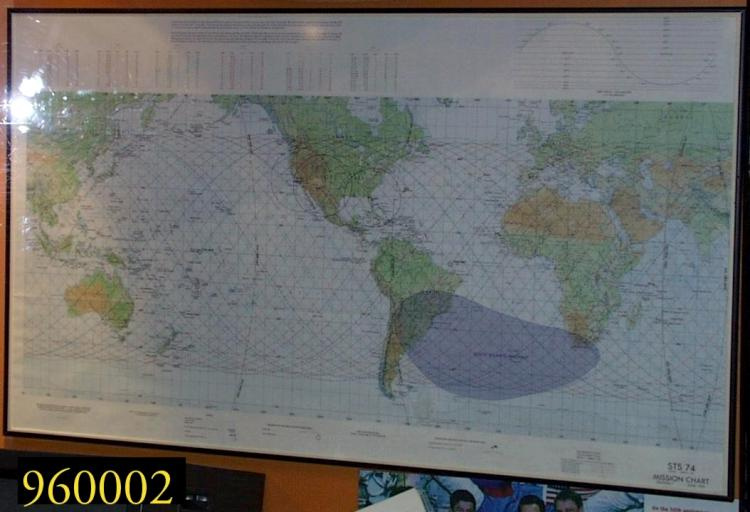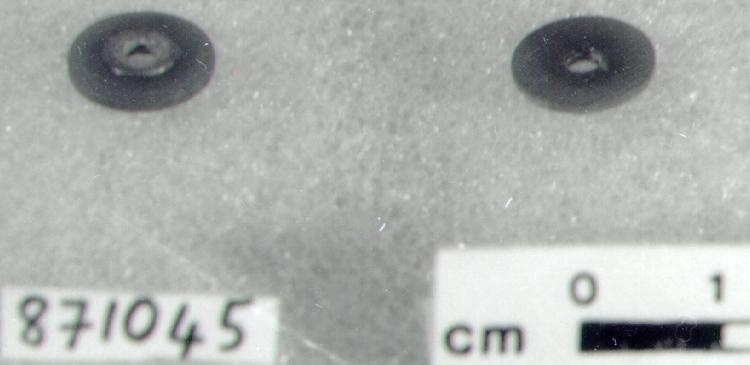Solar array model, satellite
Utiliser cette image
Puis-je réutiliser cette image sans autorisation? Oui
Les images sur le portail de la collection d’Ingenium ont la licence Creative Commons suivante :
Copyright Ingenium / CC BY-NC-ND (Attribution-NonCommercial 4.0 International (CC BY-NC 4.0)
ATTRIBUER CETTE IMAGE
Ingenium,
1992.0017.020
Permalien:
Ingenium diffuse cette image sous le cadre de licence Creative Commons et encourage son téléchargement et sa réutilisation à des fins non commerciales. Veuillez mentionner Ingenium et citer le numéro de l’artefact.
TÉLÉCHARGER L’IMAGEACHETER CETTE IMAGE
Cette image peut être utilisée gratuitement pour des fins non commerciales.
Pour un usage commercial, veuillez consulter nos frais de reproduction et communiquer avec nous pour acheter l’image.
- TYPE D’OBJET
- space station
- DATE
- 1990–1992
- NUMÉRO DE L’ARTEFACT
- 1992.0017.020
- FABRICANT
- Inconnu
- MODÈLE
- Inconnu
- EMPLACEMENT
- Inconnu
Plus d’information
Renseignements généraux
- Nº de série
- S/O
- Nº de partie
- 20
- Nombre total de parties
- 21
- Ou
- S/O
- Brevets
- S/O
- Description générale
- METAL MODULES WITH METAL & SYNTHETIC PARTS
Dimensions
Remarque : Cette information reflète la taille générale pour l’entreposage et ne représente pas nécessairement les véritables dimensions de l’objet.
- Longueur
- S/O
- Largeur
- S/O
- Hauteur
- S/O
- Épaisseur
- S/O
- Poids
- S/O
- Diamètre
- S/O
- Volume
- S/O
Lexique
- Groupe
- Technologie de l'espace
- Catégorie
- Engin spatial habite
- Sous-catégorie
- S/O
Fabricant
- Ou
- Inconnu
- Pays
- Inconnu
- État/province
- Inconnu
- Ville
- Inconnu
Contexte
- Pays
- Inconnu
- État/province
- Inconnu
- Période
- Inconnu
- Canada
-
A successor to the Salyut and Skylab space stations, MIR was launched in 1986 by the Soviet Union (later Russia). It was during the second shuttle-MIR docking by space shuttle Atlantis (STS-74, 12-20 November, 1995) that Chris Hadfield became the only Canadian to visit the space station. Hadfield flew as the first Canadian mission specialist, was the first Canadian to operate the Canadarm in orbit, and the only Canadian to ever board MIR. On this mission, Hadfield used the Canadarm and its Advanced Space Vision System (ASVS) and Canadian Target Assembly (CTA) to attach the docking module to MIR’s Kristall module. Space Vision System (SVS) and target assembly expediments had been performed in 1992 by Steve MacLean (STS-52 mission CANEX-2 experiments). The Shuttle-MIR Program lasted from 1994 to 1998, and MIR deorbited and broke up over the South Pacific on March 23, 2001. One of the legacies of MIR, cooperation from 15 nations and 5 space agencies (NASA, Russia, CSA, ESA, JAXA) paved the way for the International Space Station. - Fonction
-
Used to represent the solar arrays that are part of the larger MIR space staion model - Technique
-
USSR'S THIRDGENERATION SPACE STATION, EMBODYING MODULARAPPROACH IN WHICH ORIGINAL CONFIGURATION CONSISTING OF MIR BASE MODULE WAS EXPANDED BY ADDITION OF OTHER MODULES WITH DIFFERENT FUNCTIONS & EQUIPMENT, INCREASING STATION'S USABLE VOLUME, ELECTRICAL POWER, & EXPERIMENTAL & CREW FACILITIES (1). - Notes sur la région
-
Inconnu
Détails
- Marques
- S/O
- Manque
- Appears complete
- Fini
- WHITE ENAMEL PAINTED SUPPORTS WITH DARK BLUE SOLAR PANELS.
- Décoration
- S/O
FAIRE RÉFÉRENCE À CET OBJET
Si vous souhaitez publier de l’information sur cet objet de collection, veuillez indiquer ce qui suit :
Fabricant inconnu, Solar array model, satellite, entre 1990–1992, Numéro de l'artefact 1992.0017, Ingenium - Musées des sciences et de l'innovation du Canada, http://collections.ingeniumcanada.org/fr/id/1992.0017.020/
RÉTROACTION
Envoyer une question ou un commentaire sur cet artefact.
Plus comme ceci
